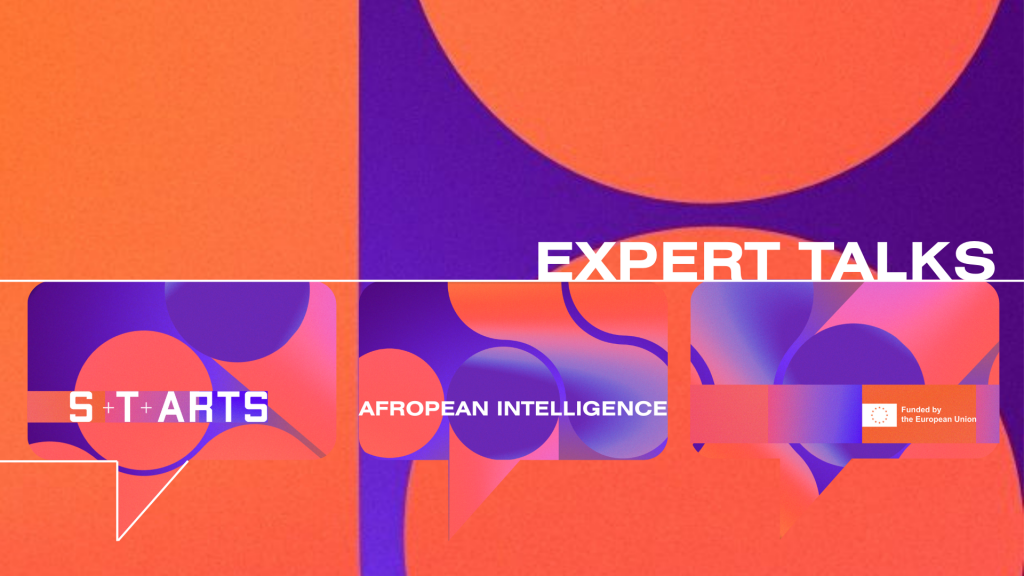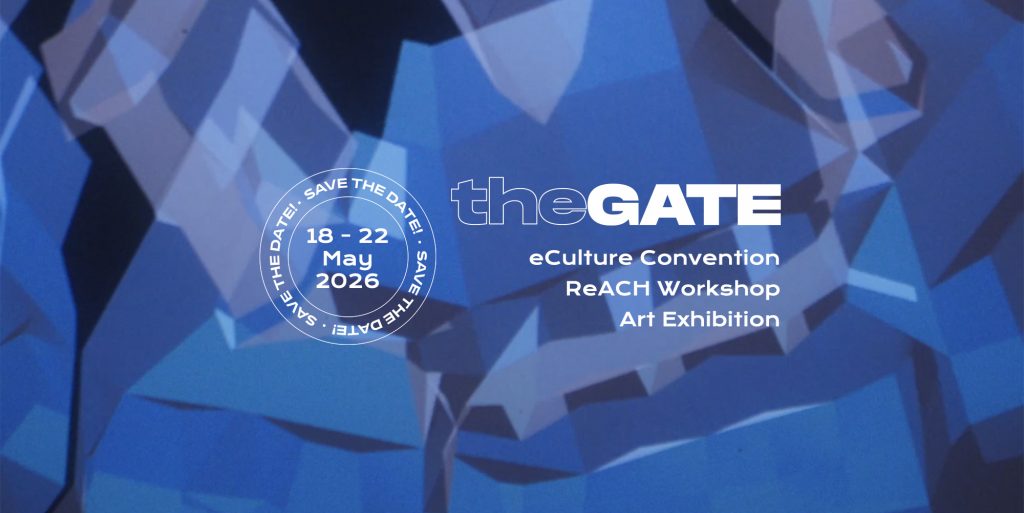Universitat Oberta de Catalunya (UOC), Barcelona
A S+T+ARTS Symposium to reflect on impact and shape the future
PARTICIPANTS
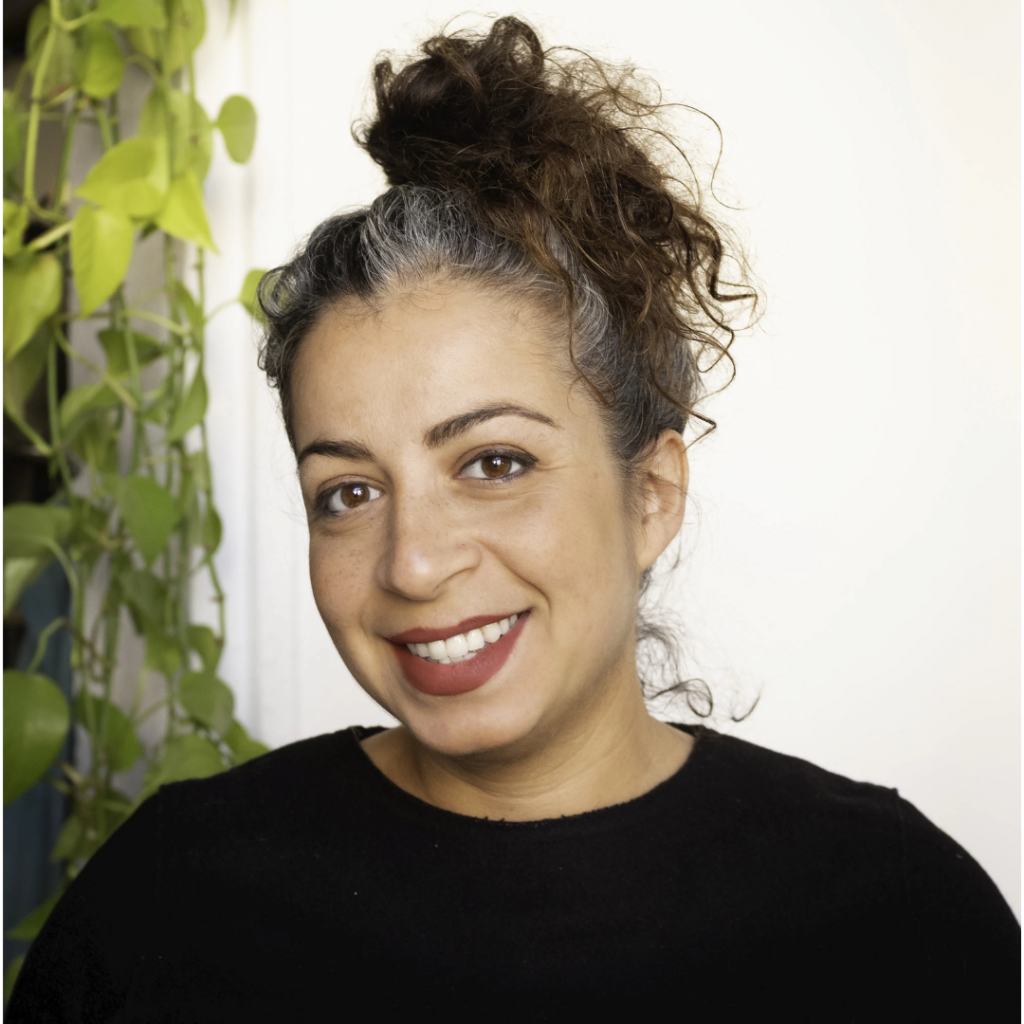
May Abdalla, Anagram
May Abdalla is a highly acclaimed director and artist known for using physical experience, technology and storytelling in ground-breaking ways. Her work brings poetic insight and meaningful interactivity to important contemporary issues with the aim of deepening our understanding of ourselves and the world around us.
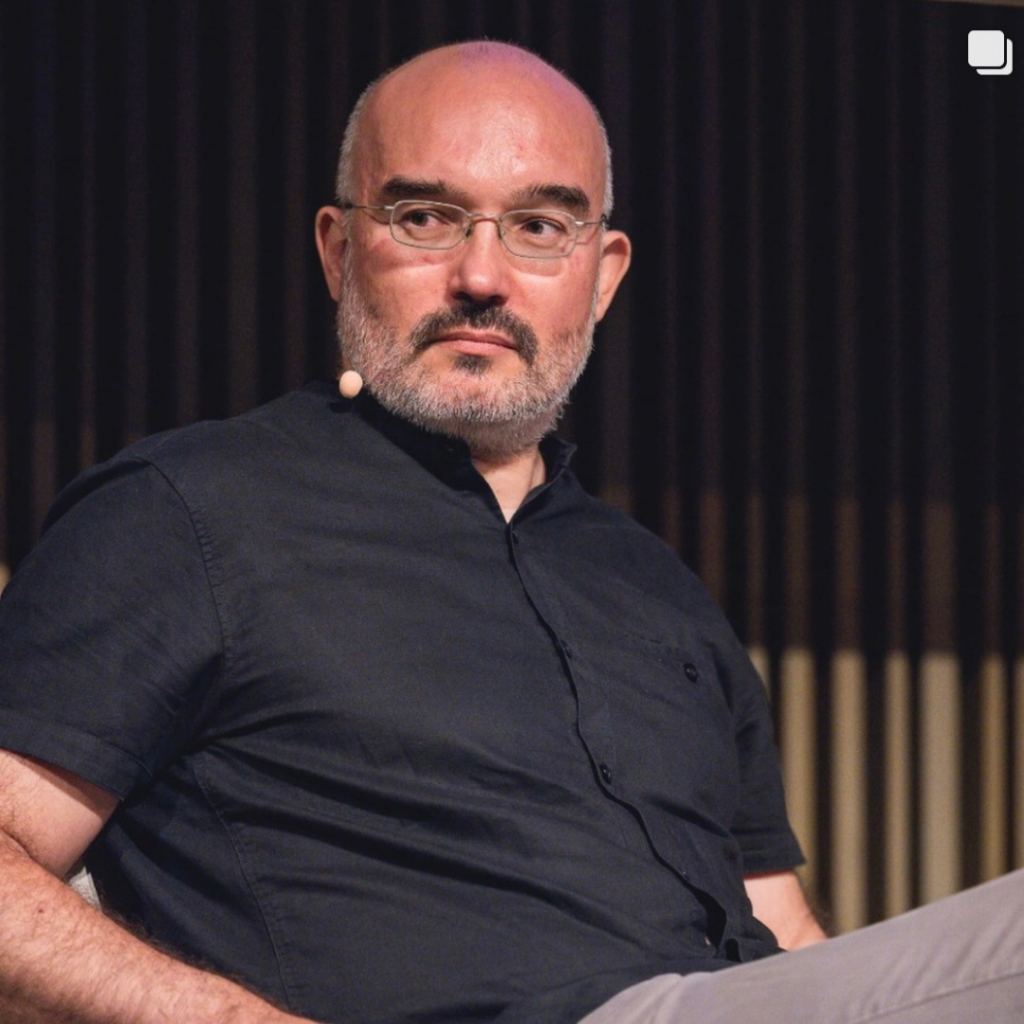
Pau Alsina, Universitat Oberta de Catalunya
Pau Alsina is an Associate Professor at the Arts and Humanities Department of the Open University of Catalonia (UOC) and at the Official Master’s Degree in Digital Art Curatorship (ESDI). Since 2001 he has been editing the scientific journal ARTNODES on Artistic Research linked to Science and Technology. He has chaired conferences (BCN ISEA, Art Matters, Interface Politics), curated exhibitions (BCN Science Biennial, ISEA Possibles, Ars Electronica Garden, NEO Cosmocaixa, Cultures of Change), advised public (FECYT, Barcelona City Council) and private institutions (Fundación Carasso, BBVA, NAF) on cultural policies and the relationship between arts and sciences. He is a member of the Executive Committee of the Barcelona Culture Council.
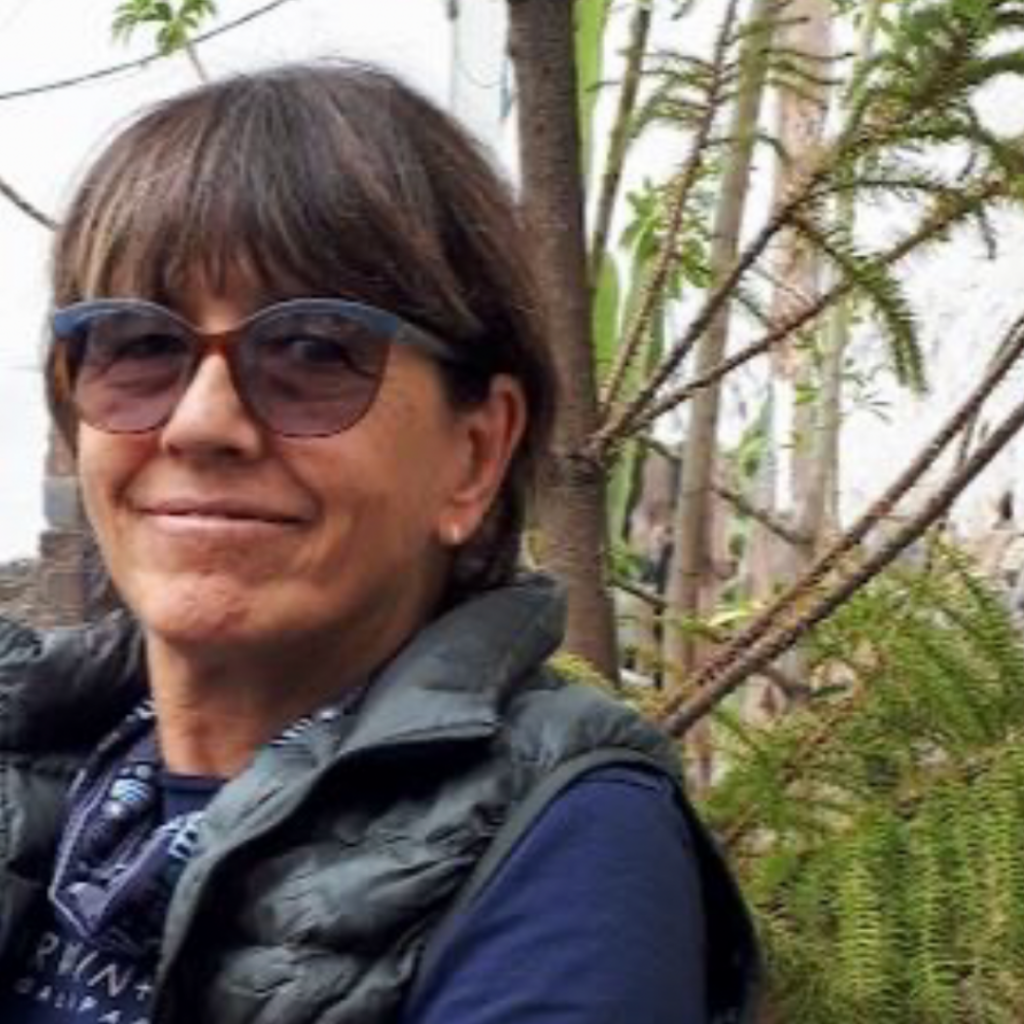
Elisenda Ardèvol, Universitat Oberta de Catalunya
Professor at the Faculty of Arts and Humanities of the Universitat Oberta de Catalunya (UOC) in the field of Social and Cultural Anthropology, and visiting professor at the Department of Anthropology, History and Humanities of Flacso (Ecuador). His research career stands out for its interdisciplinary nature and the breadth of his fields of study, with his transversal focus on ethnography and qualitative methodologies related to the media. His current lines of research in the Mediaccions group are related to the development of digital ethnography, anthropology of design, creative practices, environmental activism and narratives.
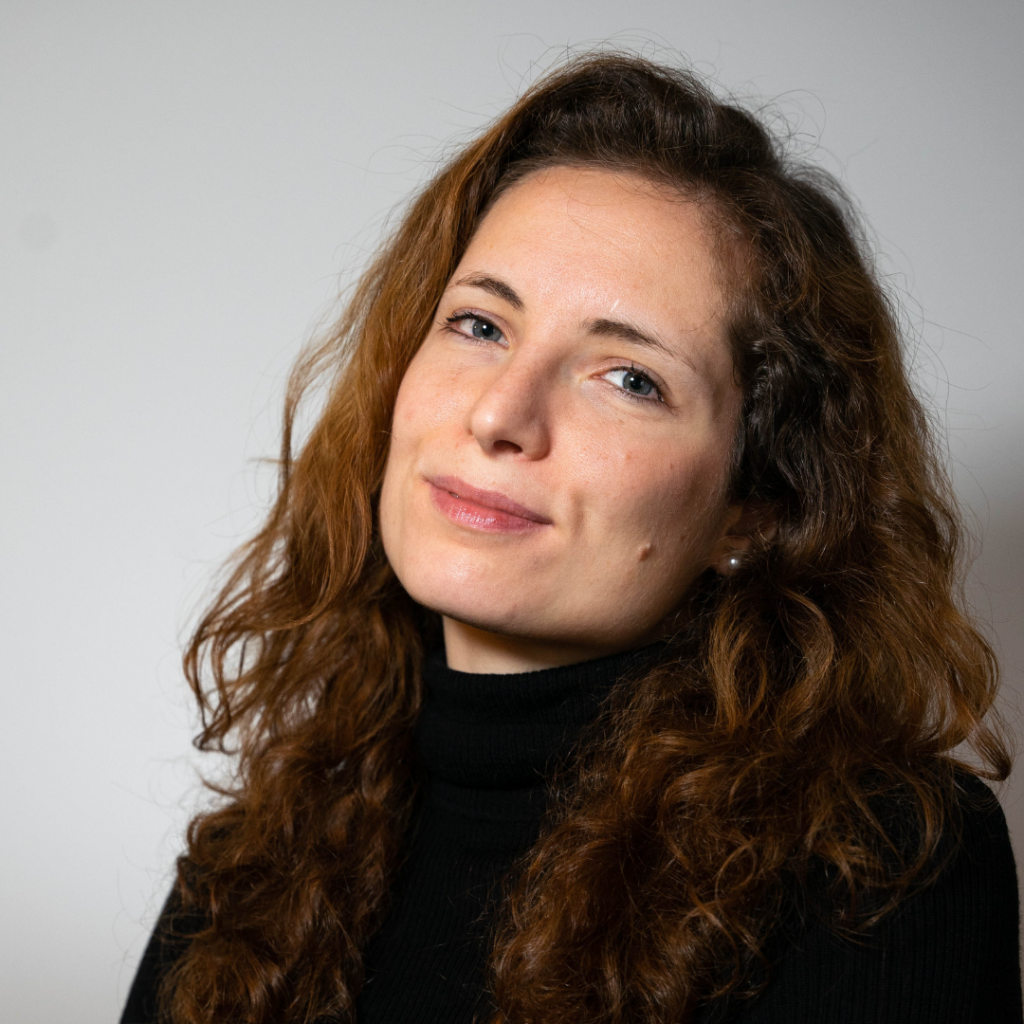
Gioia Arieti, Wide Time
Gioia Arieti, by day, works on large-scale digital transformation projects. By night, she is the founder of Wide Time, a human-centered calendar designed for long-term Space missions. This calendar was tested in an analog Space mission and has received international media coverage, including TEDx, the Melissa Space Conference, and an art prize from a European Space community.
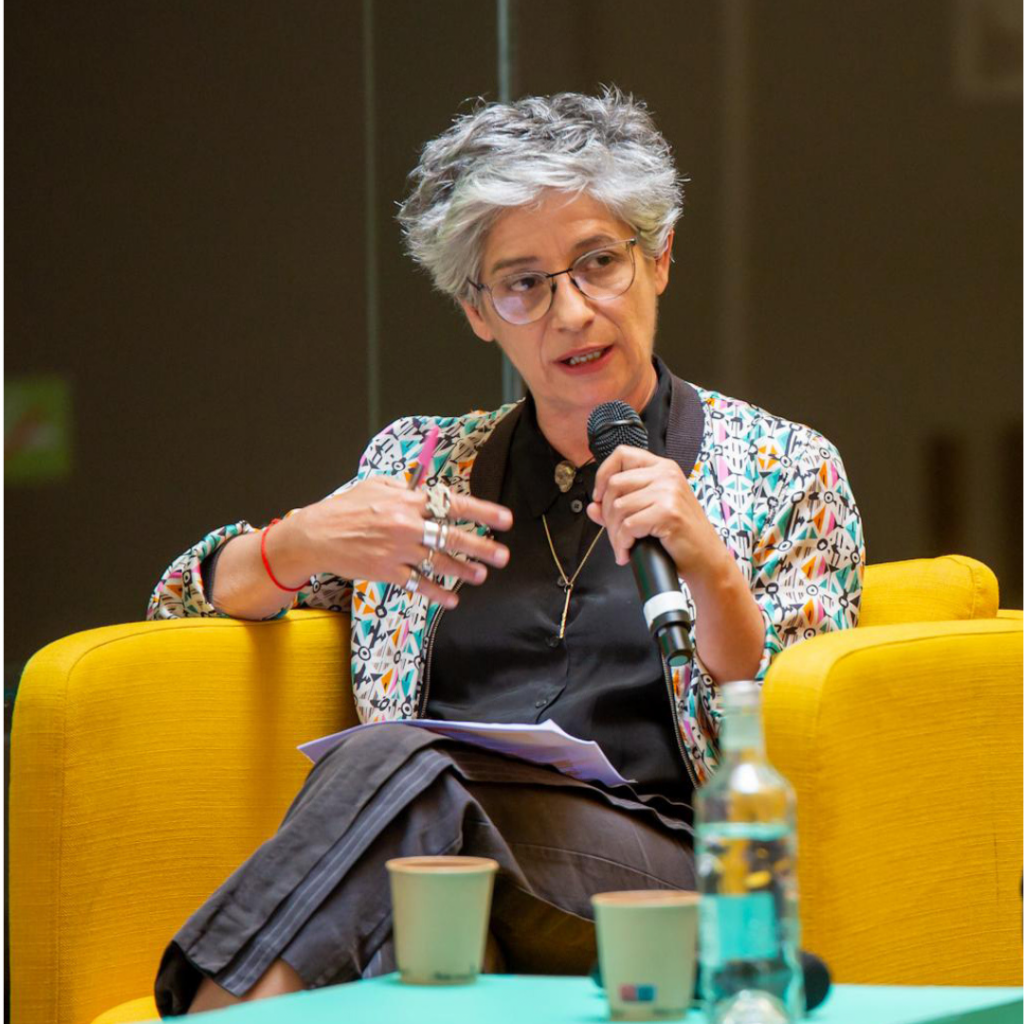
Tere Badia, HacTe
Tere Badia holds a Bachelor’s degree in Art History from the University of Barcelona and a Master’s degree in Information and Knowledge Society from the IN3 (Internet Interdisciplinary Institute-UOC). From 2010 until 2017, Tere Badia was Director of Hangar, a centre for artistic production and research in Barcelona. From 2018 until 2022, she served as Secretary General at Culture Action Europe in Brussels. Since December 2024, she is the Director of HacTe, the hub for Arts, Sciences and Technologies in Barcelona.
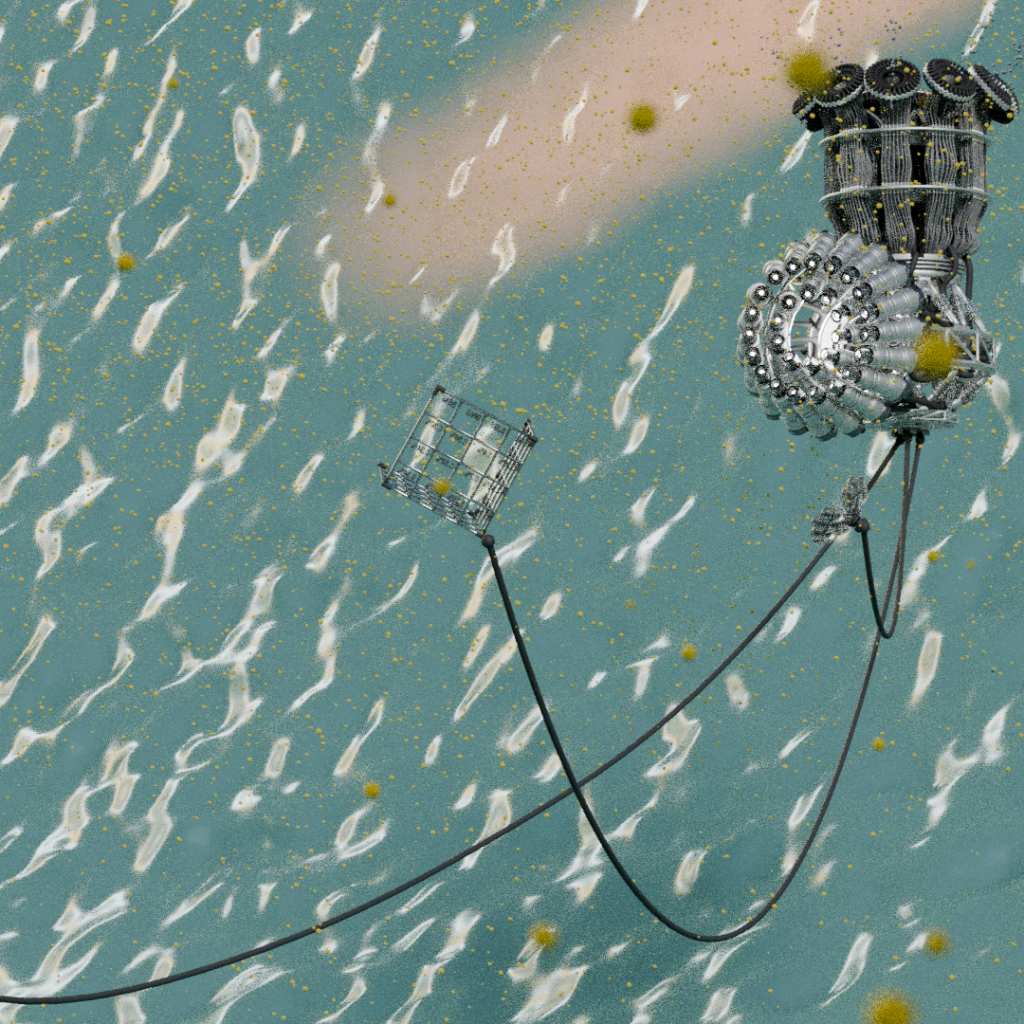
Andreu Belsunces Gonçalves, Engineering Fiction
Andreu Belsunces is a sociologist of design, technology, and imagination. His research practices engage traditional, speculative, and artistic methods to explore how material futures emerge through the interplay of technology, industry, policy, and finance, particularly in relation to uncertainty, hype and fiction. He is a lecturer in Science and Technology Studies, as well as critical and speculative design, across several BA and MA programmes. He is currently a PhD candidate at the Tecnopolitica research unit, at the Universitat Oberta de Catalunya.
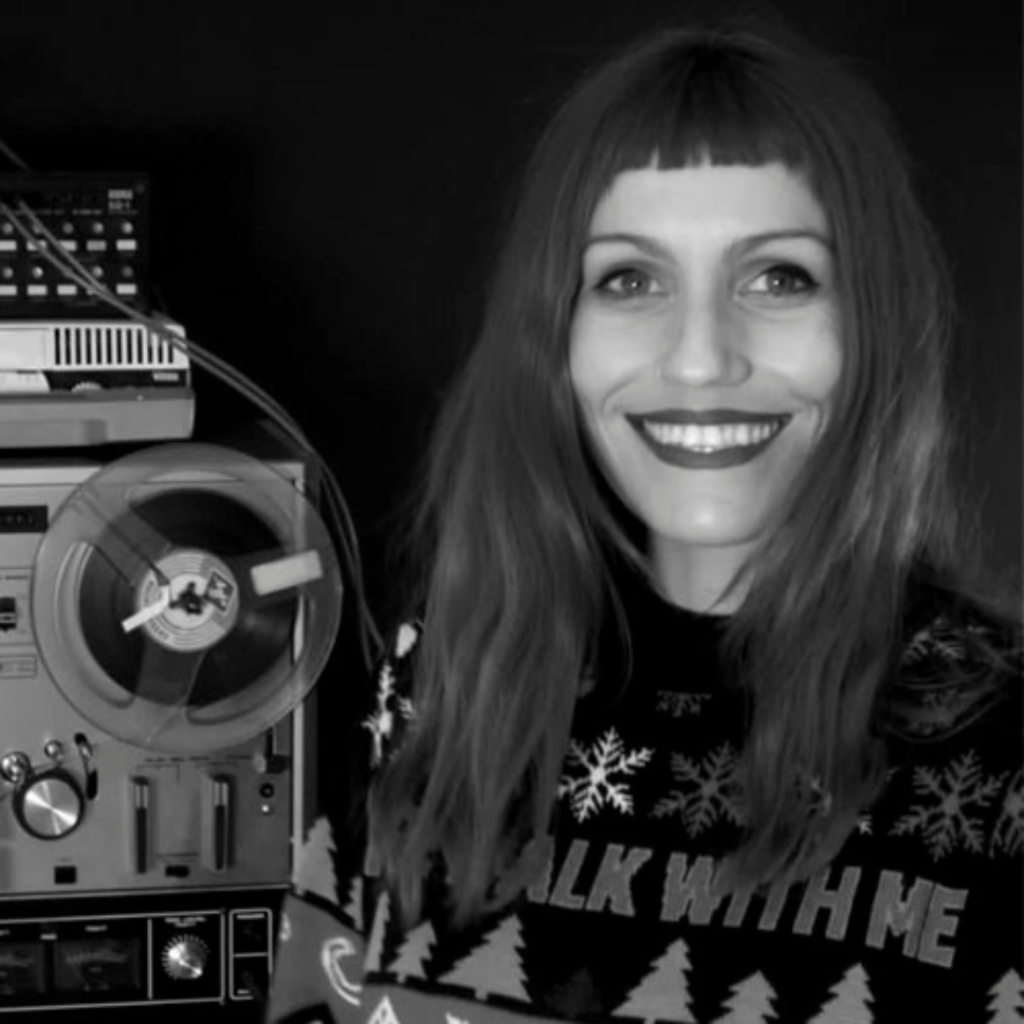
Laura Benitez, Universitat Autònoma de Barcelona (UAB)
Laura Benitez has a Ph.D. in Philosophy and is a researcher and university lecturer. Her research connects philosophy, art(s), and technoscience. She is an associate professor at the Department of Philosophy at the Autonomous University of Barcelona. She also teaches at Elisava. She has served as the coordinator of the Theory area in the Arts and Design Degree at Massana, where she taught Critical and Cultural Studies. She has been a visiting researcher at the Ars Electronica Center and the Center for Studies and Documentation of MACBA. She has also collaborated with international institutions such as Interface Cultures Kunstuniversität Linz, Sónar Festival (Barcelona/Hong Kong), Royal Academy of Arts London, and the University of Puerto Rico. Between 2019 and 2021, she directed Biofriction, a European project (Creative Europe) on bioart and biohacking practices, led by Hangar in collaboration with the Bioart Society, Kersnikova, and Cultivamos Cultura. She is co-director of the Master on Design For Emergent Futures (MDEF).
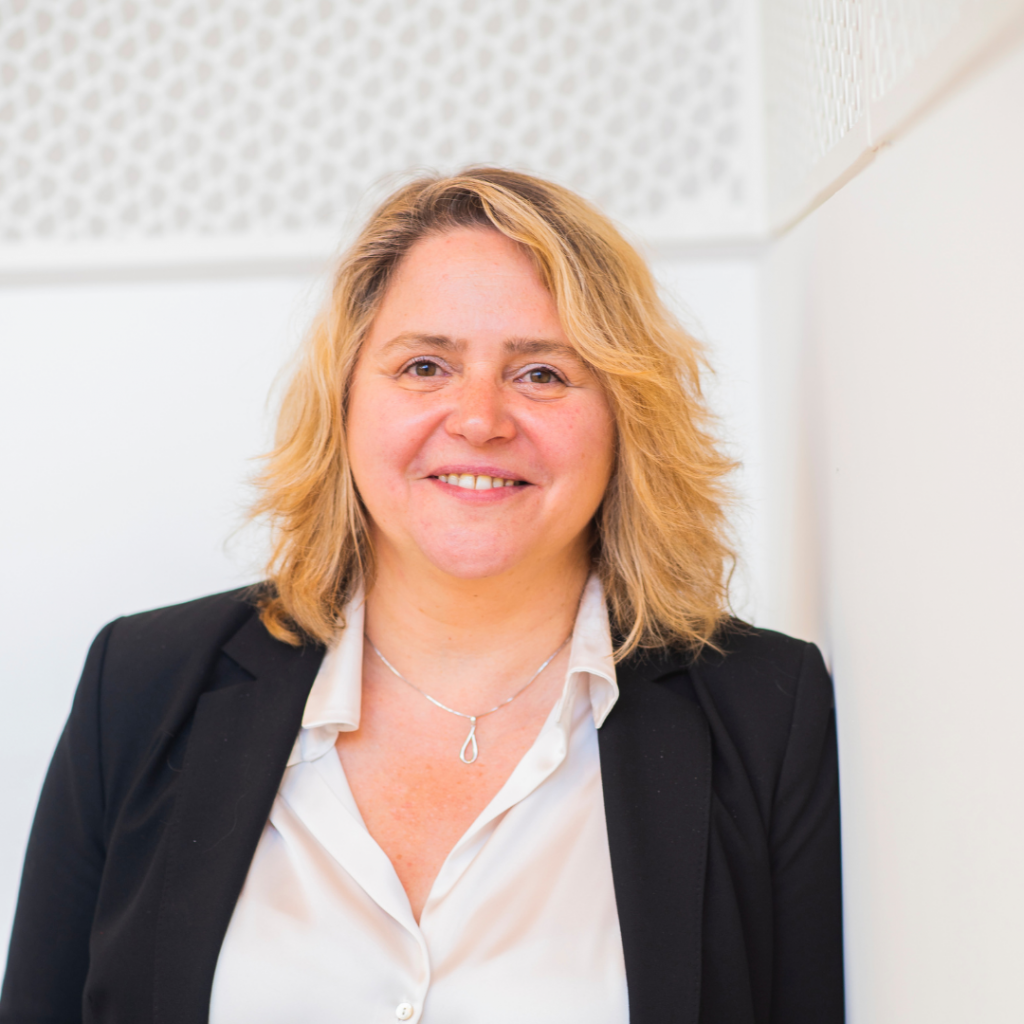
Marie-Carmen Bex, Deputy Director General of Innoviris (Brussels, Belgium)
An economist by training, specialising in Development, Population and Environmental Studies, Marie-Carmen Bex is currently Deputy Director General of INNOVIRIS, the public funding organisation for research and innovation of the Brussels-Capital Region. Marie-Carmen Bex specialises in R&D&I funding policy and has been active in this field since the 1990s. After various experiences (BELSPO, EU PermRep, etc.), she has mastered the institutional intricacies of the field, from the regional level to Europe.
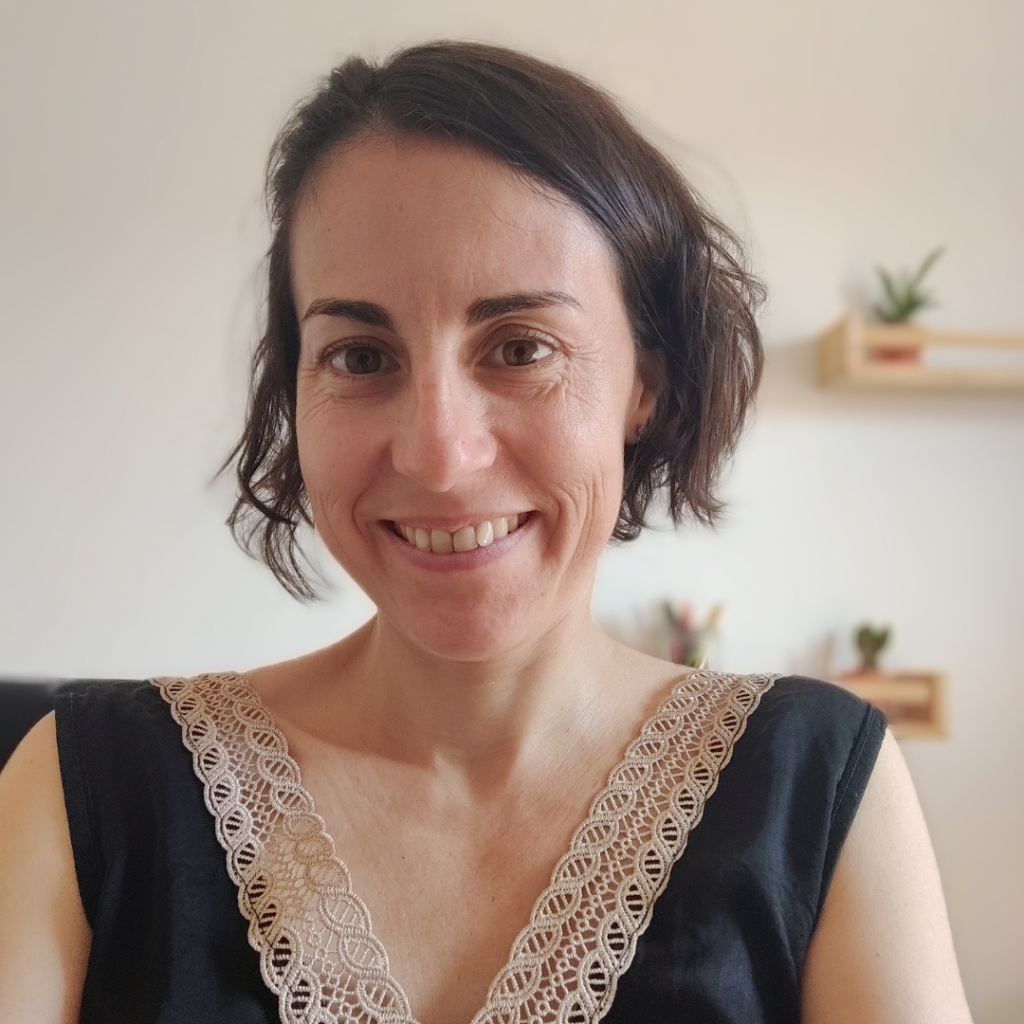
Laia Blasco, Universitat Oberta de Catalunya
Laia Blaso is director of the Bachelor’s Degree in Arts and lecturer on the Bachelor’s Degrees in Multimedia and Design and Digital Creation at the Universitat Oberta de Catalunya (UOC). She holds a PhD in Network and Information Technologies from the UOC, a Bachelor’s Degree in Fine Arts, a Diploma in Graphic Design, with a Postgraduate Degree in Visual Culture and a Master’s Degree in Multimedia Applications. Her artistic and academic research focuses on the creation, study and critique of interactive visual tools for experimentation and learning.
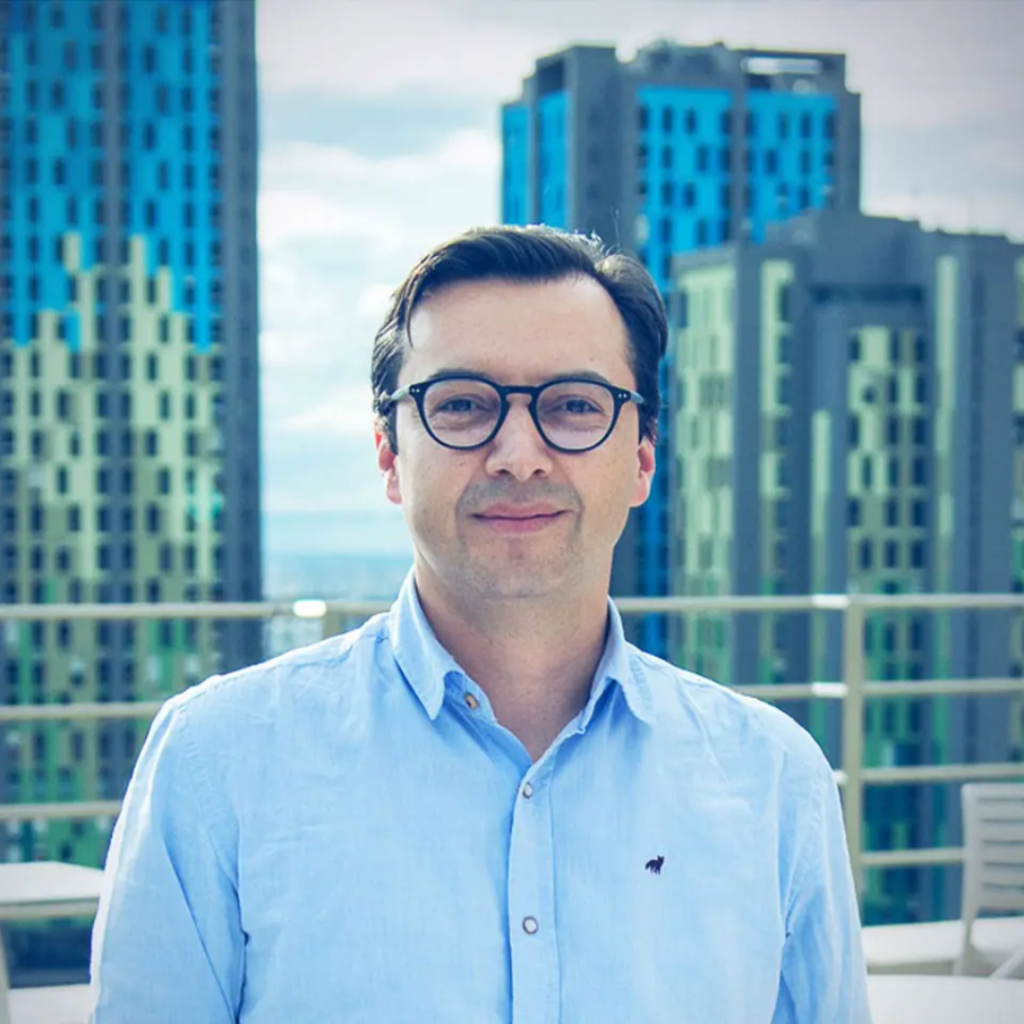
Andrés Burbano, Open University of Catalunya
Andrés Burbano is Professor at the Open University of Catalunya, UOC (Barcelona, Spain) and Visiting Lecturer at Donau-Universität (Krems, Austria). He holds a Ph.D. in Media Arts and Technology from the University of California at Santa Barbara (California, EEUU). Burbano is a scholar and transdisciplinary artist; his research projects focus on media history and media archaeology in Latin America and the Global South, computational technologies’ historical and cultural impact, and 3D modeling of archaeological sites. Burbano was ACM SIGGRAPH 2024 Chair and is the author of the book “Different Engines: Media Technologies from Latin America” (Routledge, 2023).
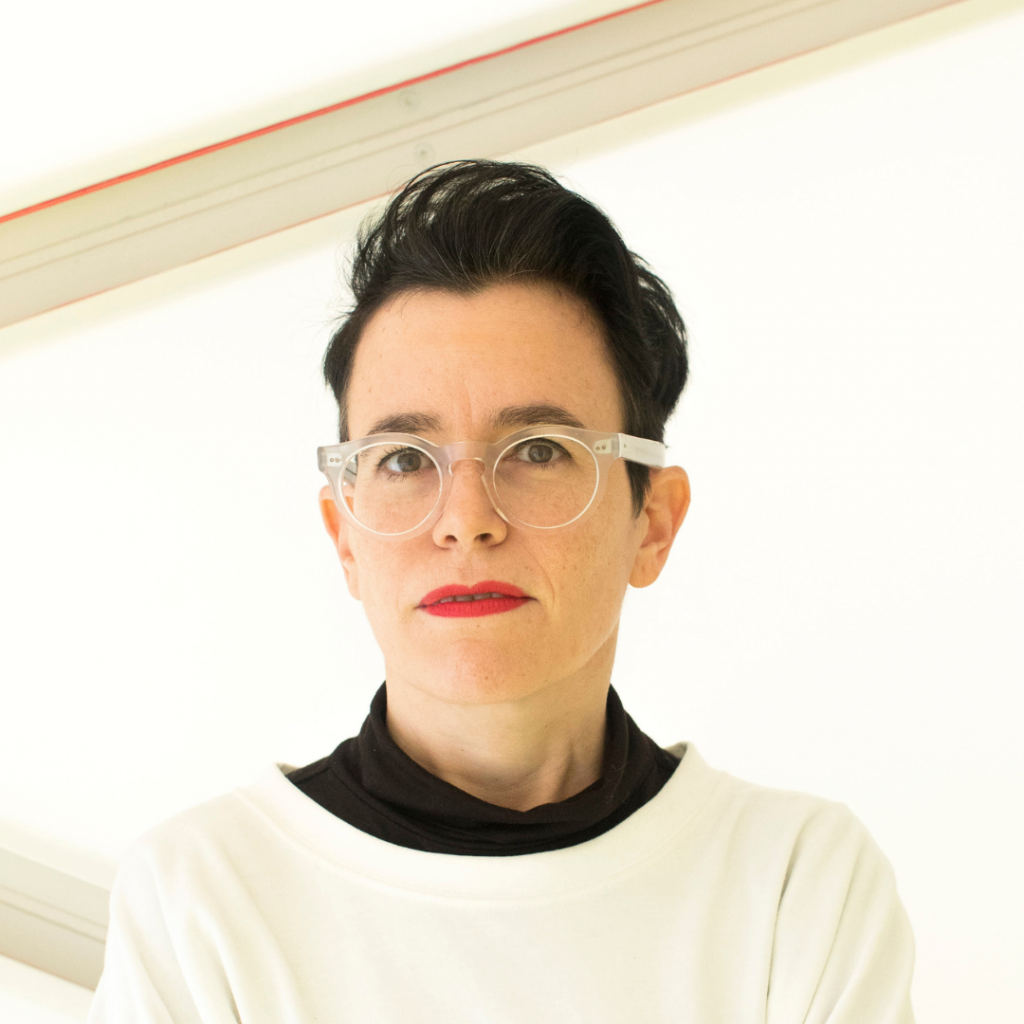
Nerea Calvillo, Centre for Interdisciplinary Methodologies, University of Warwick
Nerea Calvillo (she/they) is an architect-scholar, based at the research Centre for Interdisciplinary Methodologies (University of Warwick, UK), director of spatial design office C+ arquitectas and funder of In the Air, an ongoing collaborative project to sense air(pollution). She works at the intersection between spatial design, feminist technoscience, queer and environmental studies, and her current research is on toxic politics, AI natures, atmospheres and queer urban political ecologies. Her work has been exhibited at the Venice Architecture Biennale, Royal Academy of Arts, Canadian Centre for Architecture or the Shanghai Biennale; and published in interdisciplinary journals like Social Studies of Science, Journal of Extreme Events or Public Culture. She is author of Aeropolis: Queering air in Toxicpolluted worlds.

Evy Ceuleers, manager of the Science Promotion department at Innoviris (Brussels, Belgium)
Evy Ceuleers is a trained linguist specialized in multilingualism research. Since 2020, she has been the manager of the Science Promotion department at Innoviris, the public funding organization for research and innovation of the Brussels-Capital Region. In this role, she is committed to promoting science and technology to young people and the general public. She co-organizes the annual I Love Science festival and is passionate about the intersection of arts and science, aiming to build a resilient city ready for current and future challenges.
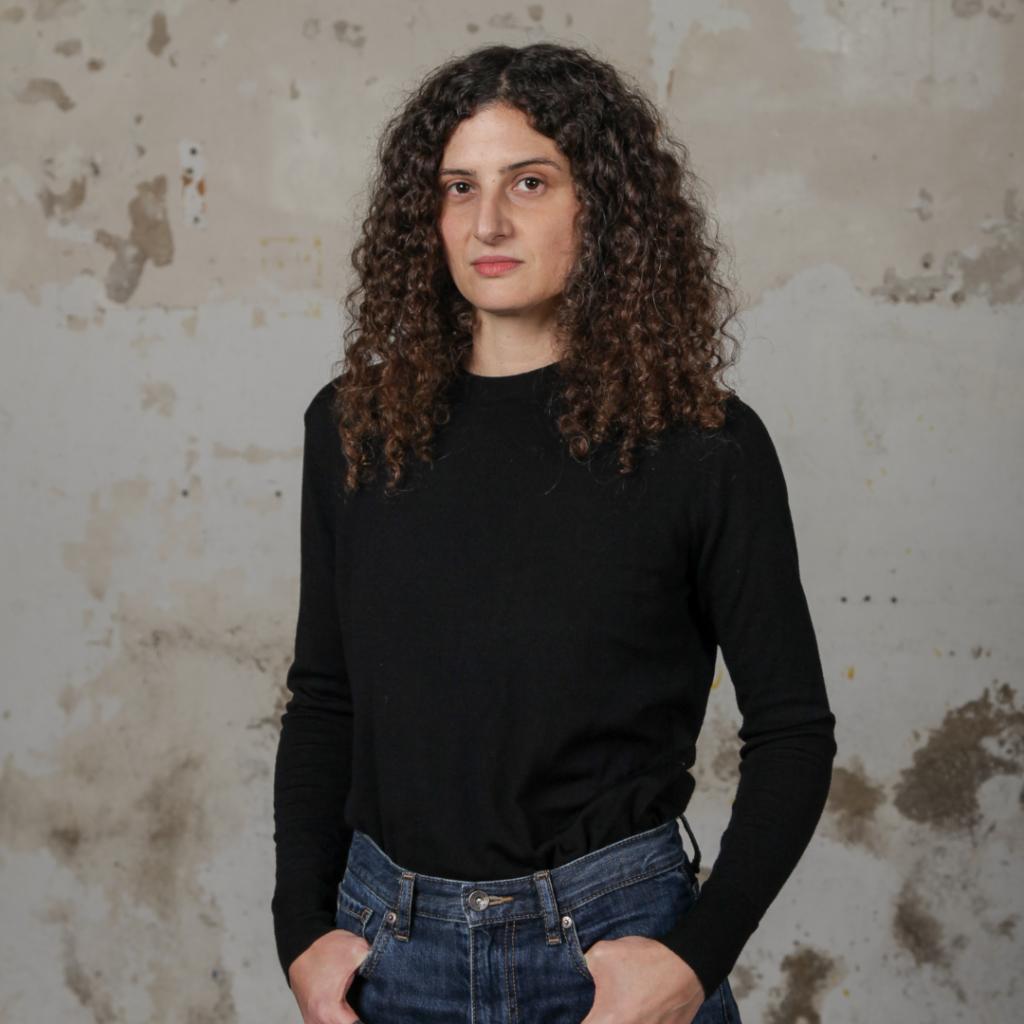
Lúa Coderch, BAU – Centre Universitari d’Arts i Disseny de Barcelona
Lúa Coderch is an artist, researcher, and professor at BAU, College of Arts and Design of Barcelona. She holds a BA in Fine Arts, an M.A. in Productions and Research, and a PhD in Advanced Studies in Artistic Productions from the University of Barcelona. She combines narrative practices and sculptural and objectual practices in videos, performances, and installations that she configures as research devices.
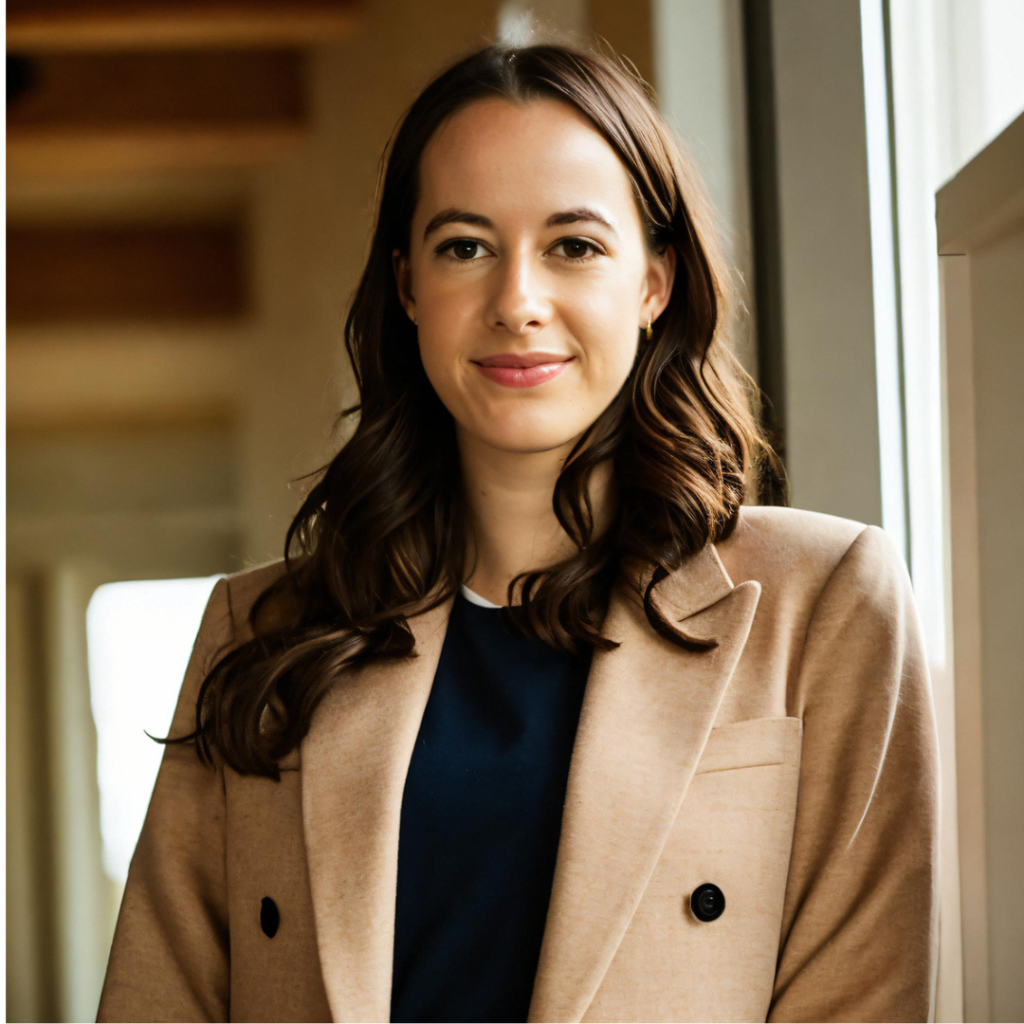
Jessica Coldrey, Independent Engineer
Jess Coldrey is a human geographer and humanitarian engineer who blends technical and creative approaches to environmental challenges. She has presented work at COP26, the World Conference on Ecological Restoration, and the British Ecology Society’s People and Nature journal. Recognised as one of the Top 50 Women in Engineering and a guest lecturer at King’s College London, her research connects science, creativity, and public engagement to drive community outcomes.
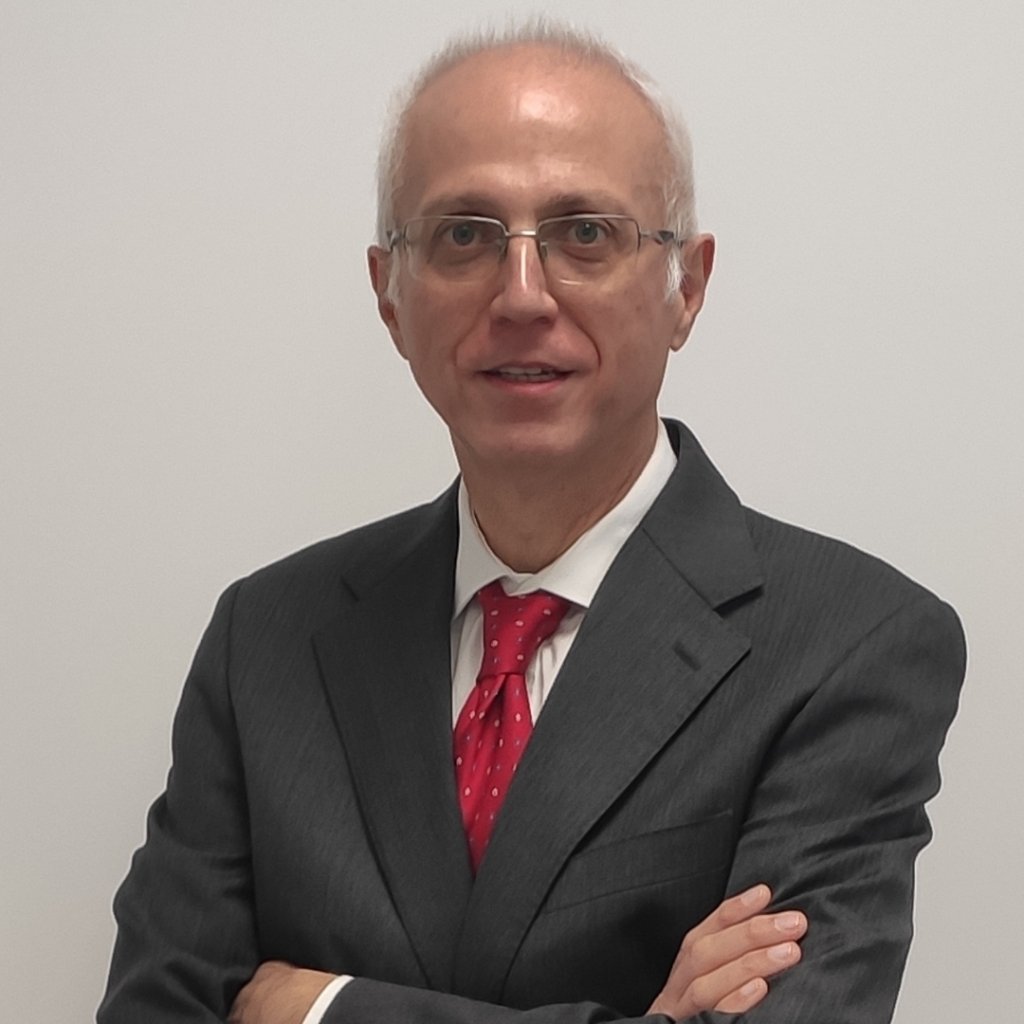
Michele Coletti, Grenoble Ecole de Management
Michele Coletti is an Associate Professor in the Department of Management, Technology and Strategy at the Grenoble Ecole de Management, France. His research focuses on collaborative research and innovation and has been published in academic outlets such as Economics of Innovation and New Technology, International Journal of Entrepreneurship and Innovation Management, European Journal of Innovation Management, Journal of Environmental Management, and Science and Public Policy.
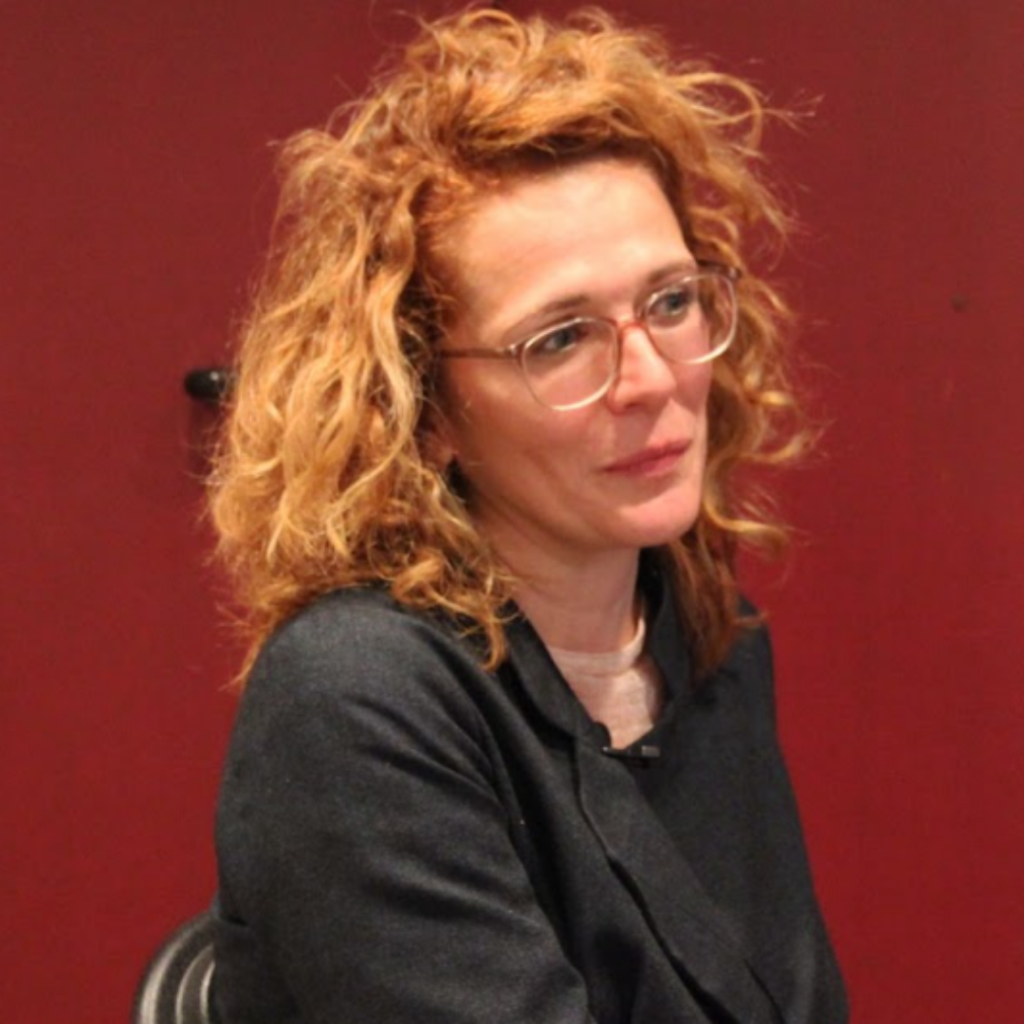
Alba Colombo, Universitat Oberta de Catalunya
Alba is an associate professor and researcher at the Universitat Oberta de Catalunya. Her research centers on the critical analysis of the contemporary significance of cultural events and festivals as social and cultural expressions, as well as spaces for resistance, disruption, and platforms for equity, diversity, inclusion, well-being, and human rights. A specialist in evaluation models for cultural projects, she emphasizes mixed methodologies that integrate both quantitative and qualitative processes. She has advised various research and administrative institutions and currently serves as the director of the Master’s degree in Cultural Management at UOC.
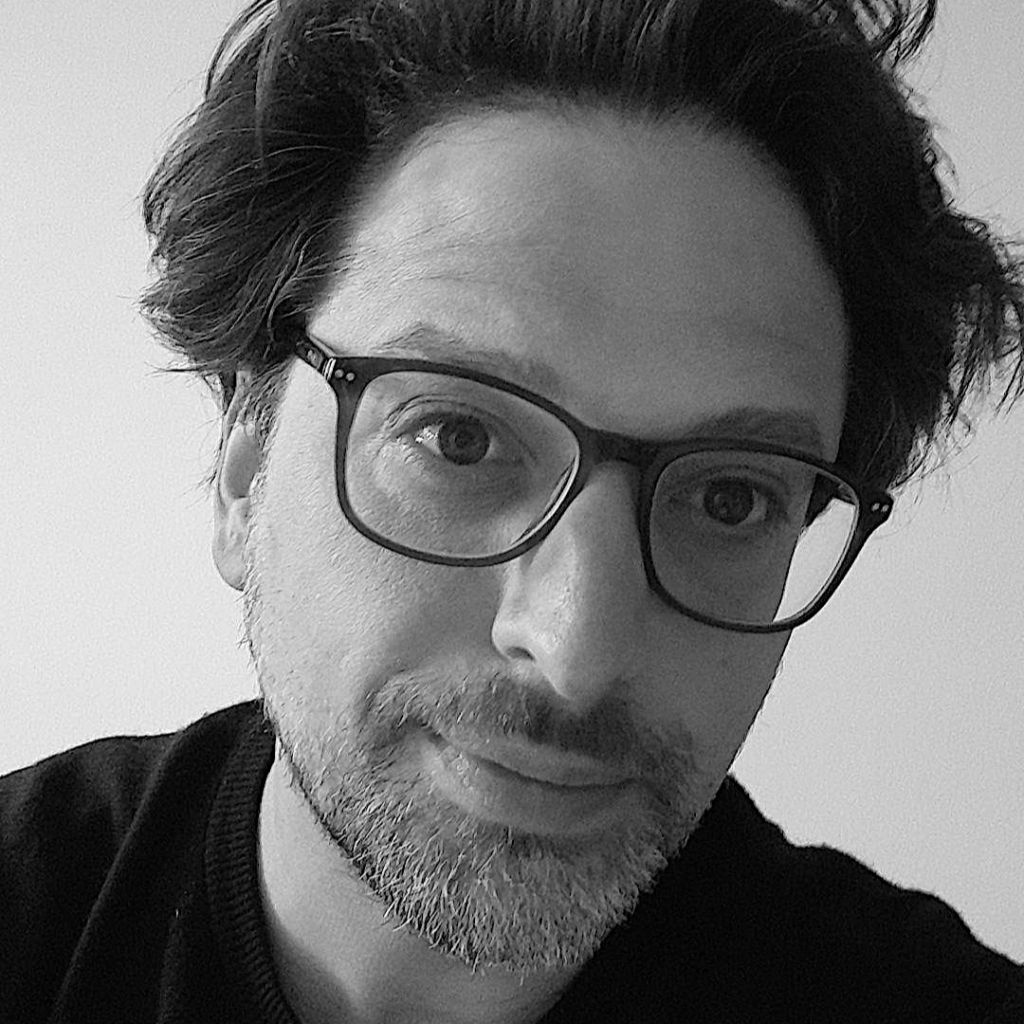
Tomás Criado, Open University Catalunya
Tomás Criado is an anthropologist, currently working as Ramón y Cajal Senior Research Fellow at the Open University of Catalonia’s CareNet-IN3 group. His ethnographic and public engagement work focuses on different instances of knowledge and material politics in settings where care is invoked as a mode of urban intervention: be it as a particular mode of technoscientific activism (democratising knowledges, design practice and infrastructures); or as a practice of articulating ecologies of support (accessible urbanism; urban heat care plans).
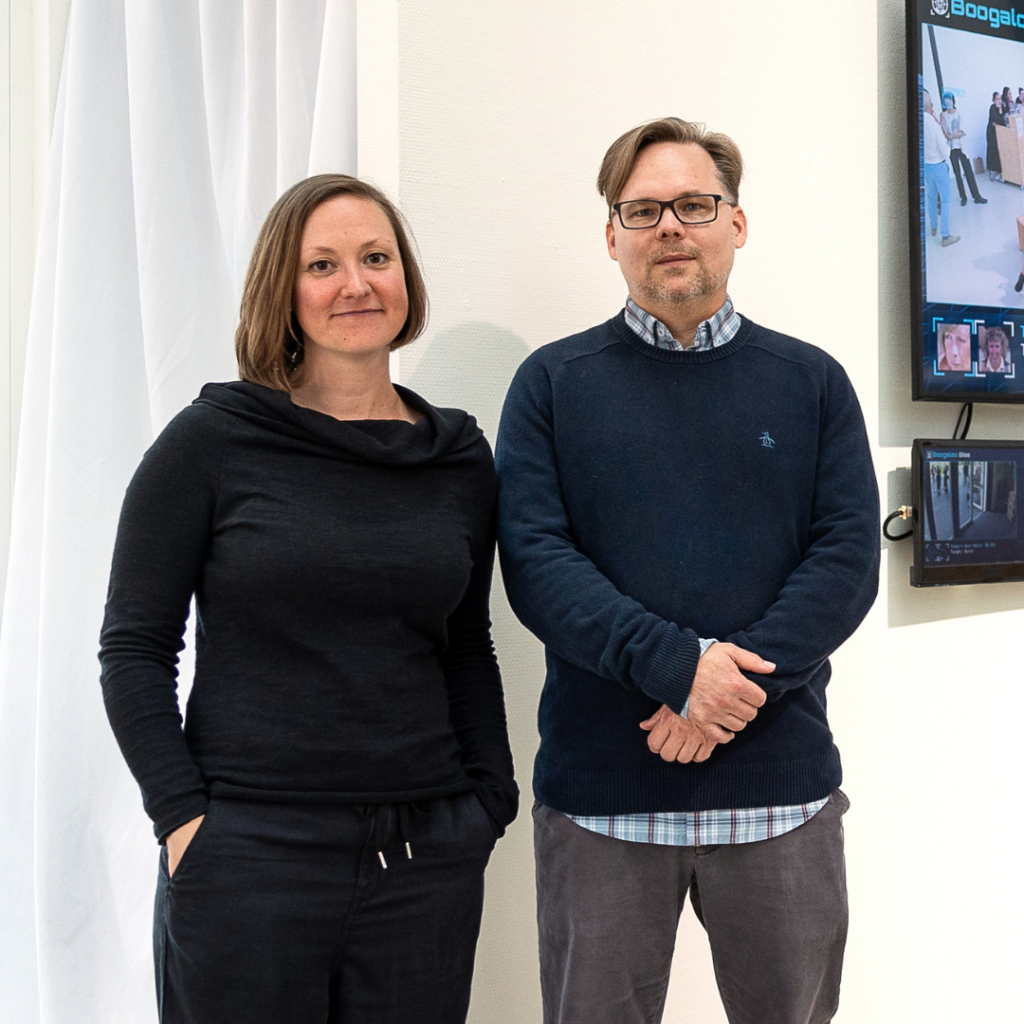
Derek Curry and Jennifer Gradecki, Northeastern University
Derek Curry and Jennifer Gradecki are media artists who critique technological solutionism by reverse-engineering technologies to reveal underlying assumptions and problems that arise through implementation. They use methods from media theory and science and technology studies as a means for critical engagement. They often replicate technologies used for social control or that have a significant social impact, including open-source surveillance systems, financial technologies, and neural networks.
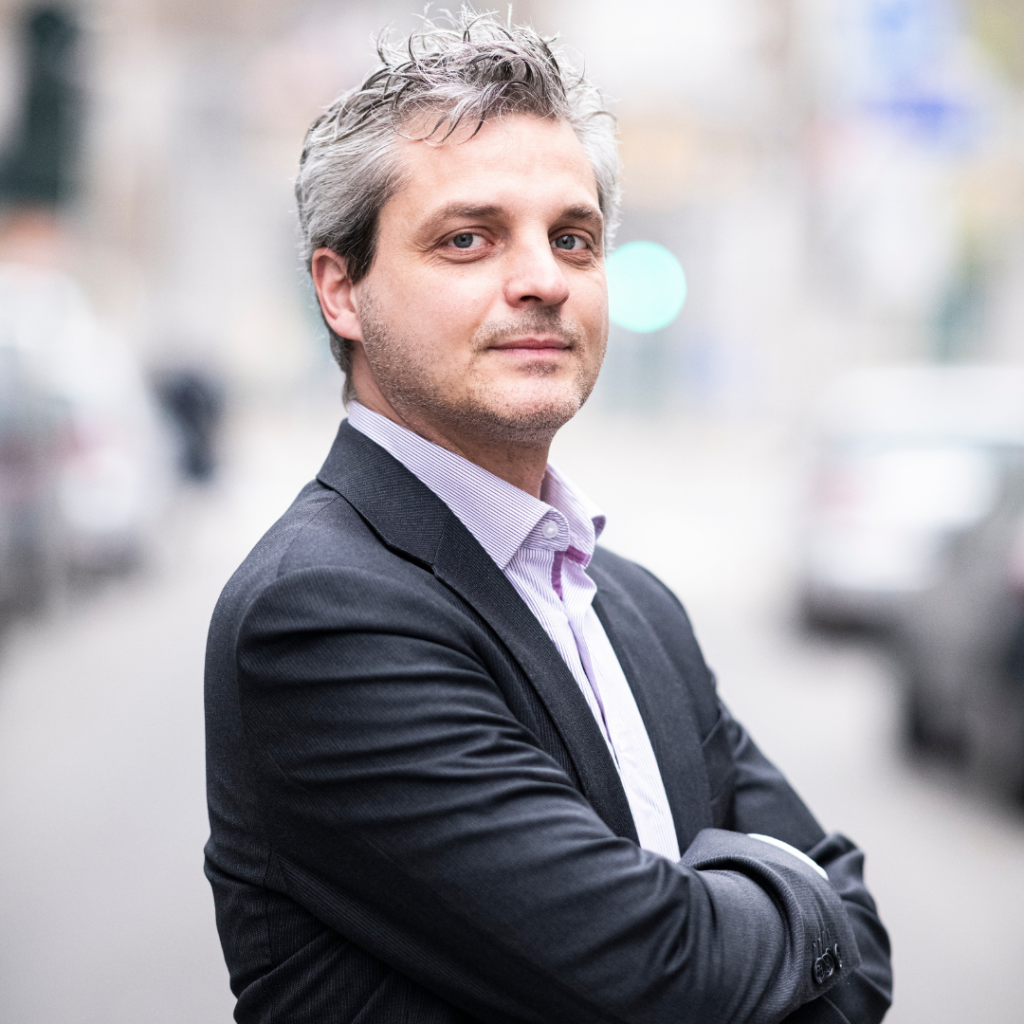
Christophe De Jaeger, GLUON
Christophe De Jaeger (b. 1979) is an art historian and curator with a specialization in contemporary art and collaborative practices bridging art and research. In 2009, he founded Gluon, an elementary force uniting artists and researchers to cultivate artistic endeavors exploring science and technology. Gluon facilitates artist residencies within corporations and research institutions. The nexus between Brussels, a cosmopolitan hub, and Europe is integral to his work, as is his emphasis on engaging the youthful and diverse young generations of this vibrant city.
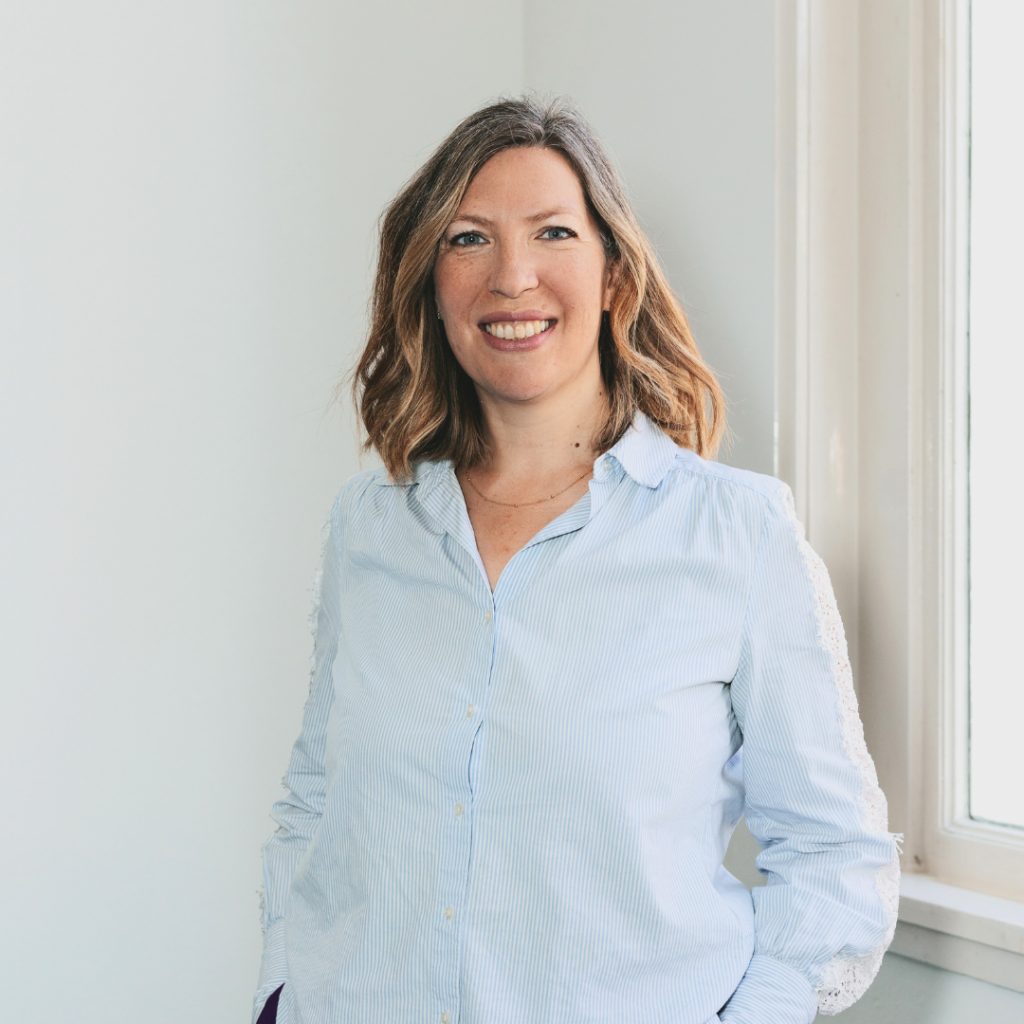
Aurélie Delater, Independent advisor
Aurélie is a supporter of art-tech collaborations at European level. She works with cultural and artistic organisations across Europe that want to push the boundaries and question the use of technologies, through art-driven projects. She is currently involved in the S+T+ARTS initiative, the largest European programme in the field, and coordinating the S+T+ARTS in City project.
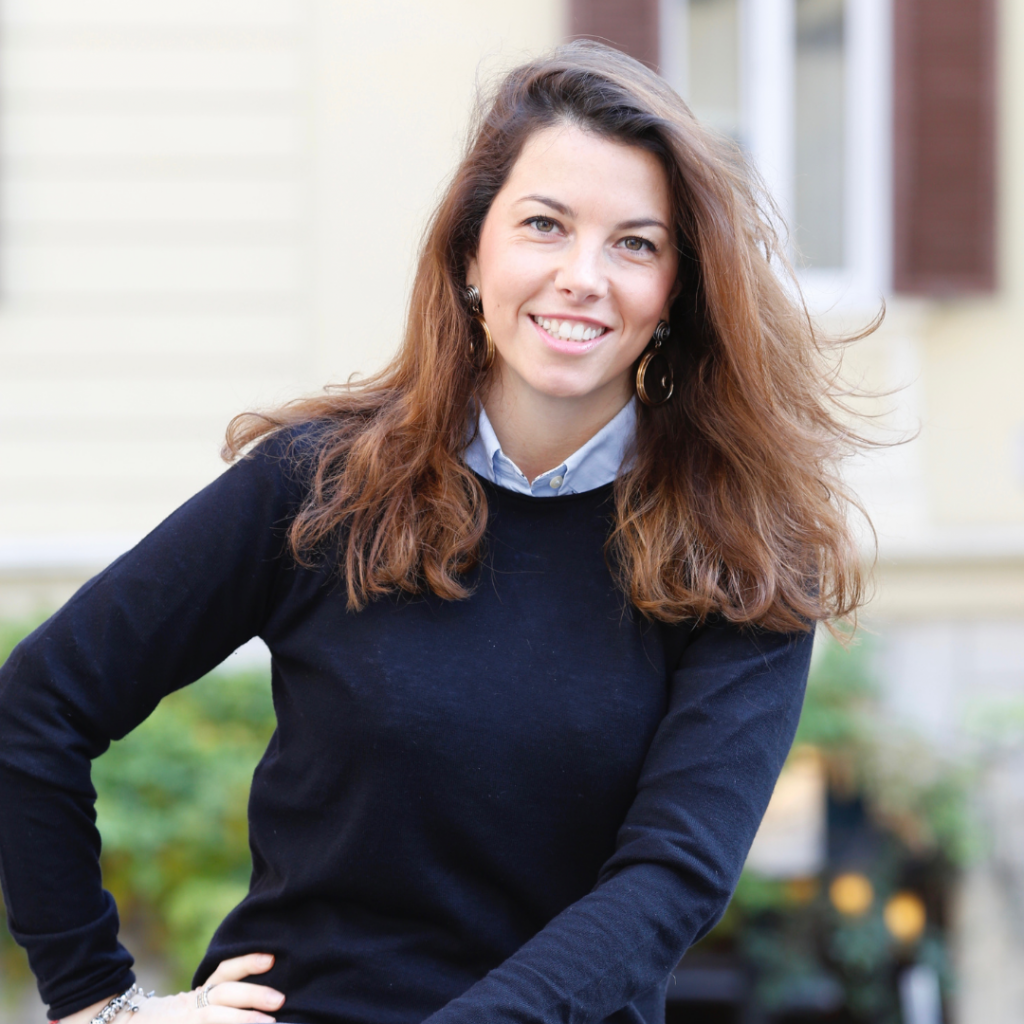
Simona De Rosa, T6 Ecosystems
Simona De Rosa (PhD) is partner and senior researcher of T6 Ecosystems srl. Since 2015, she has participated in responsible positions in more than 10 European projects funded by the European Commission under the research frameworks FP7, H2020 and Horizon Europe. Within the company, she is coordinating the Policy dialogue and advocacy activities. She is currently deeply involved in the research community on creative and cultural industries and part of the S+T+ARTS family since 2020.
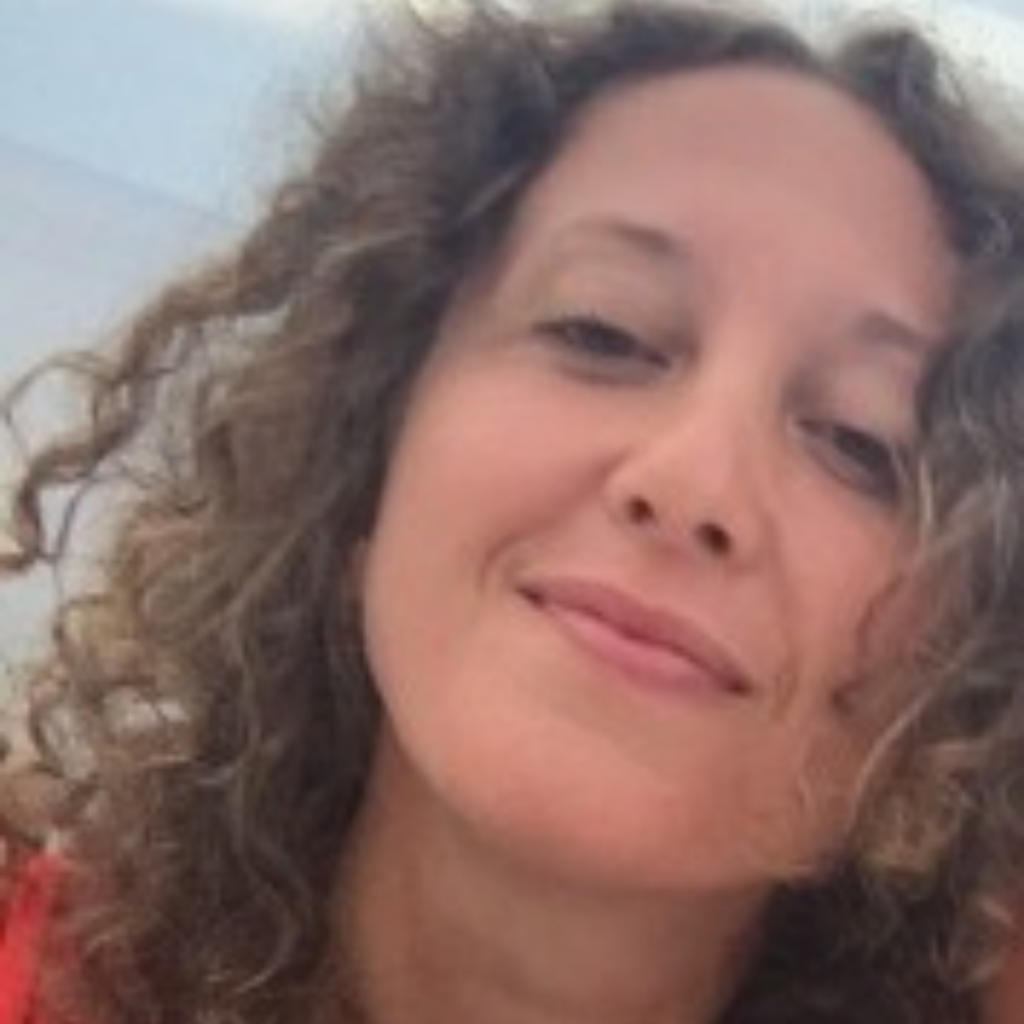
Rosanna di Nuzzo, MEET Digital Culture Centre
Rosanna di Nuzzo is an independent project designer and manager, currently collaborating with MEET Digital Culture Centre in Milan, overseeing research and innovation projects. She specializes in social and cultural innovation, education, inclusion, and digital transformation. Since 2019, she has led three Regional STARTS Center projects as an innovation catalyst, fostering collaborations between art, science, and technology to drive sustainable innovation. Her work is dedicated to empowering individuals and societies through interdisciplinary strategies.
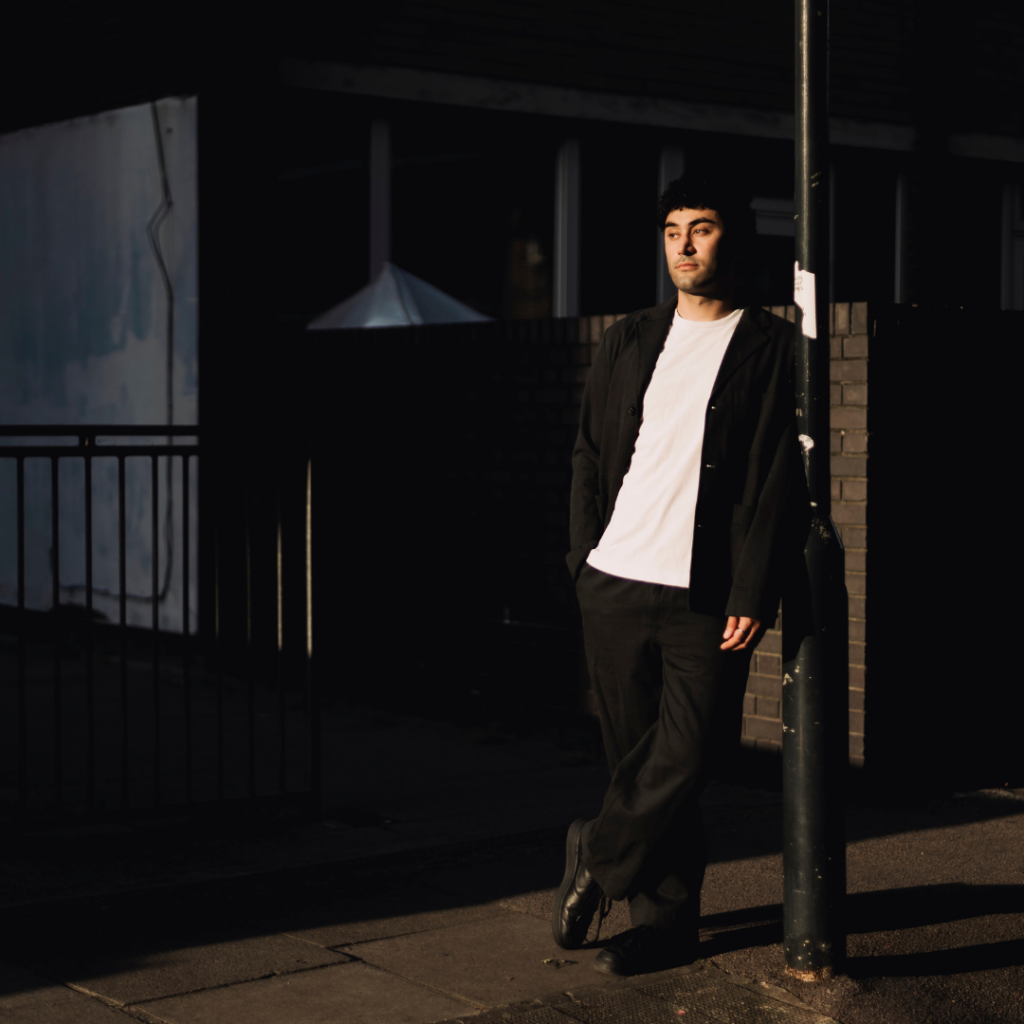
Mark Farid, University of the Arts London
Mark Farid is an Artist, Researcher, and Lecturer in Fine Art at Central Saint Martins, University of the Arts London. He specialises in the intersection of the virtual and physical world, and the effect new technologies have on the individual and their sense of self. Farid’s work embodies hacker ethics, such as a focus on privacy policies, use of surveillance technologies, and campaigning for data privacy and protection. His work forms a critique of social, legal, and political models.
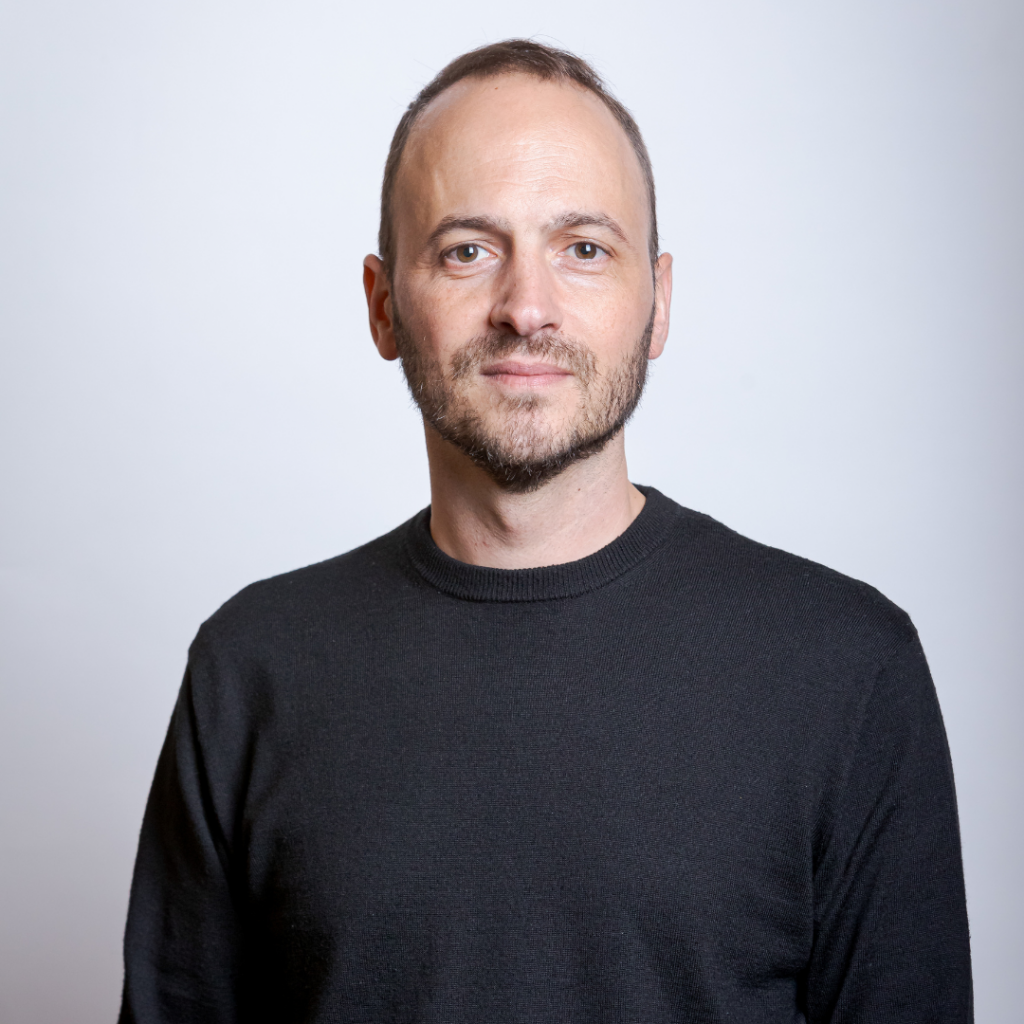
Luís Fernandes, Artistic Director GNRation (Braga, Portugal)
Luís Fernandes (1981) is a musician and curator whose work focuses on exploratory music, sound, art and technology. He was lecturer at institutions such as Berklee College of Music, Elektra Montréal, Serralves, Off the page – The Wire, MAAT, and teaches at Universidade do Minho. He was artistic director of Semibreve Festival (2011-2023) and is currently the artistic director of Theatro Circo, GNRation, Index – art and technology biennial, besides supervising the program of Braga25 – Portuguese Capital of Culture.
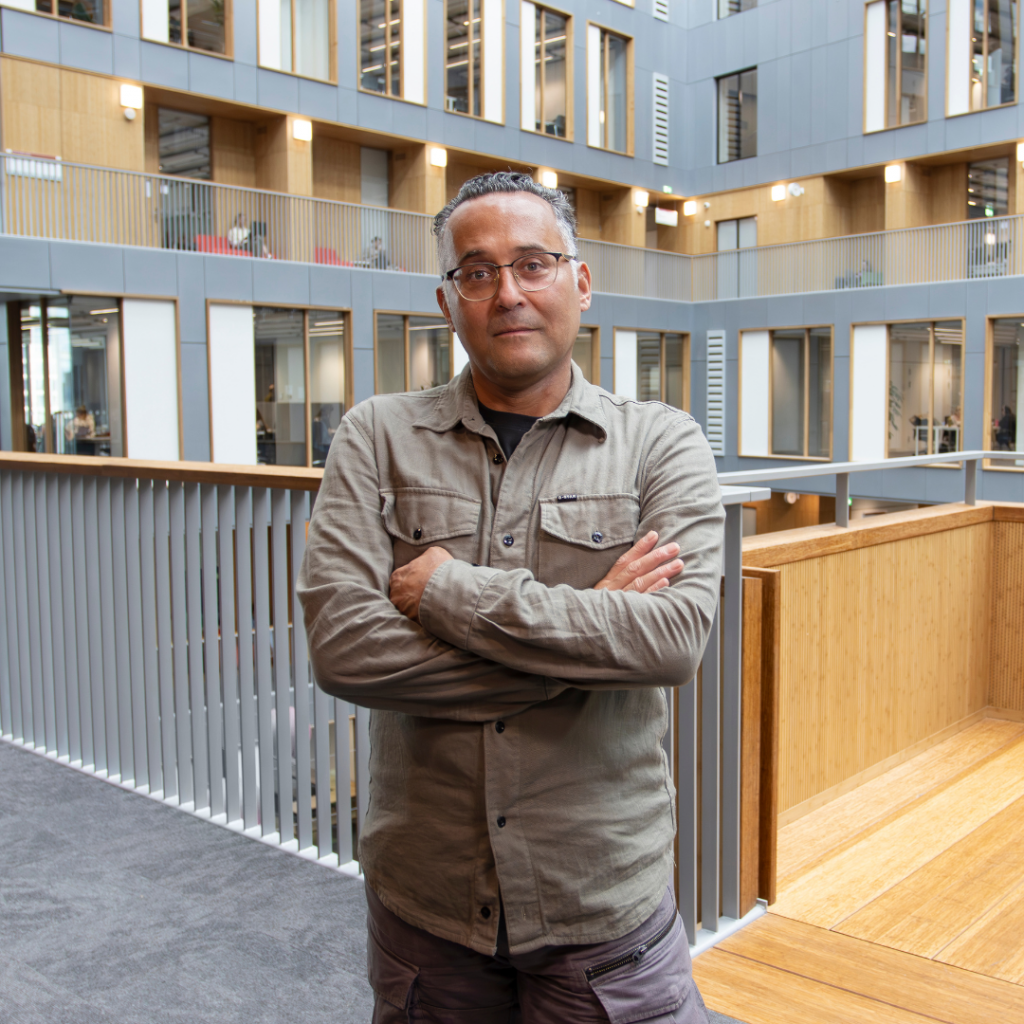
Raoul Frese, Vrije Universiteit Amsterdam
Dr. Raoul Frese is a physicist at the Vrije Universiteit Amsterdam, and head of the hybrid forms laboratory. He explores a wide range of photosynthesis-based technology, from biological solar cells to algae powered robot and plant-human interactions. His research leads to novel technology that cooperates with nature and the development of the trans-disciplinary method of artscience. Frese is the recipient of several prestigious science grants in physics and humanities, and has been a long-term resident of Malinese filmmaker Manthia Diawara which served as a model for the EU-network of Studiotopia. https://hybridformslab.com/
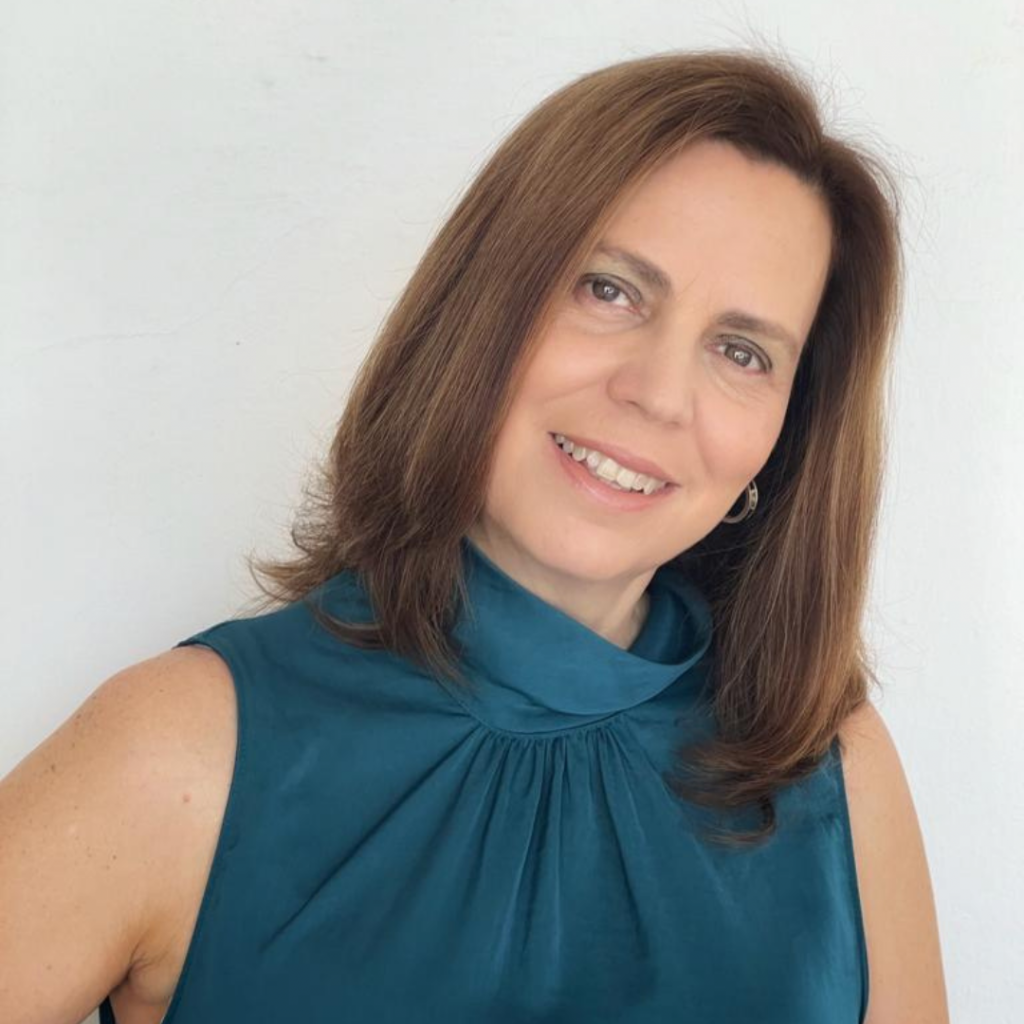
Rocio Garcia-Robles, University of Seville
Dr. Rocío Garcia-Robles holds degrees in Arts and Computer Science Engineering from the University of Seville. Her award-winning doctoral thesis on Art Holography is housed in the MIT Museum. A professor at the University of Seville, she supervises doctoral students in SciArt and STEAM fields. She leads the ASTERISM research group, focusing on Art, Science, Technology, and Society synergy, and directs the ASTER+S project, promoting sustainable, democratic, transdisciplinary co-creation.
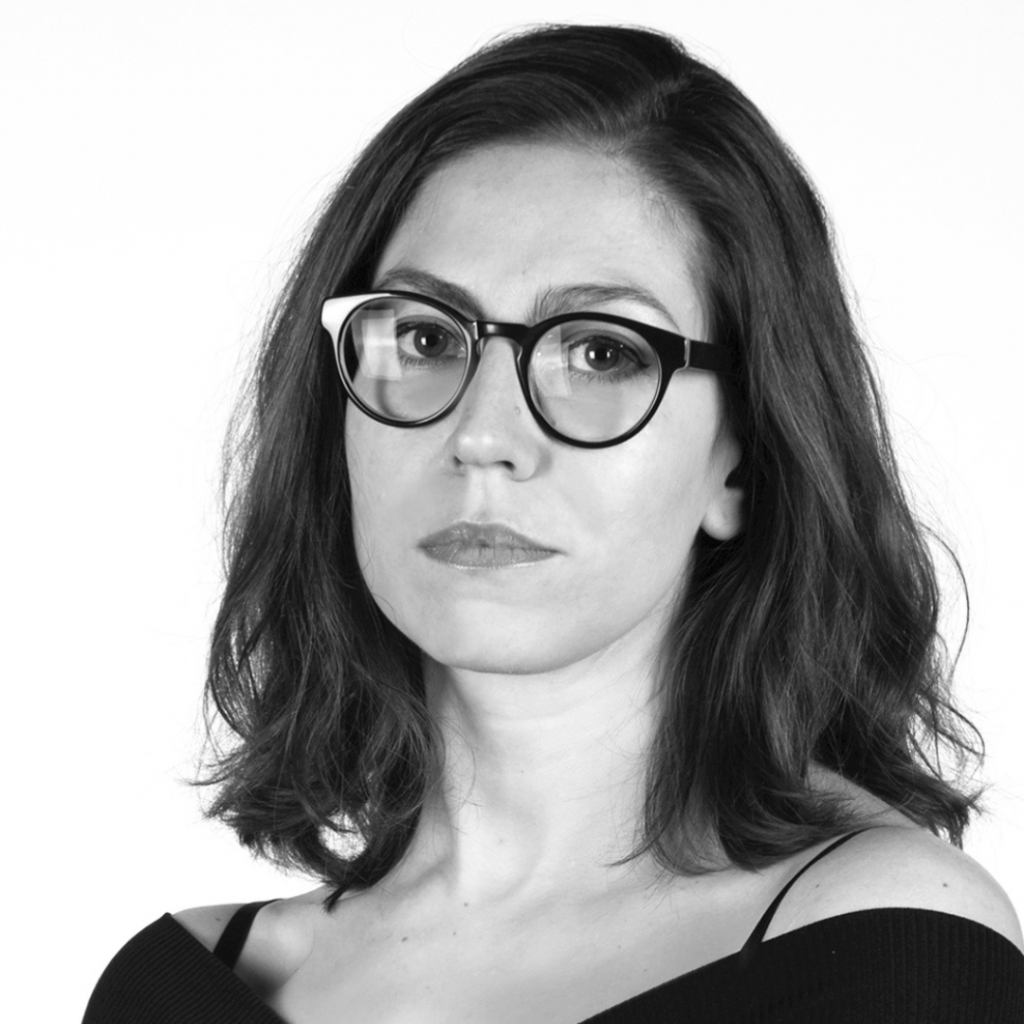
Anni Garza Lau, Ghost Agency
Ghost Agency is a techno-social art and research practice founded in 2021 by Danish artist Gro Sarauw and Mexican media artist Anni Garza Lau. It focuses on using non-visibility and anonymity as tools to advocate for human rights amid Surveillance Capitalism. The project is currently sustained as a ‘micro institute’ at Art Hub Copenhagen, the Nordic Culture Fund and the Danish Arts Foundation.
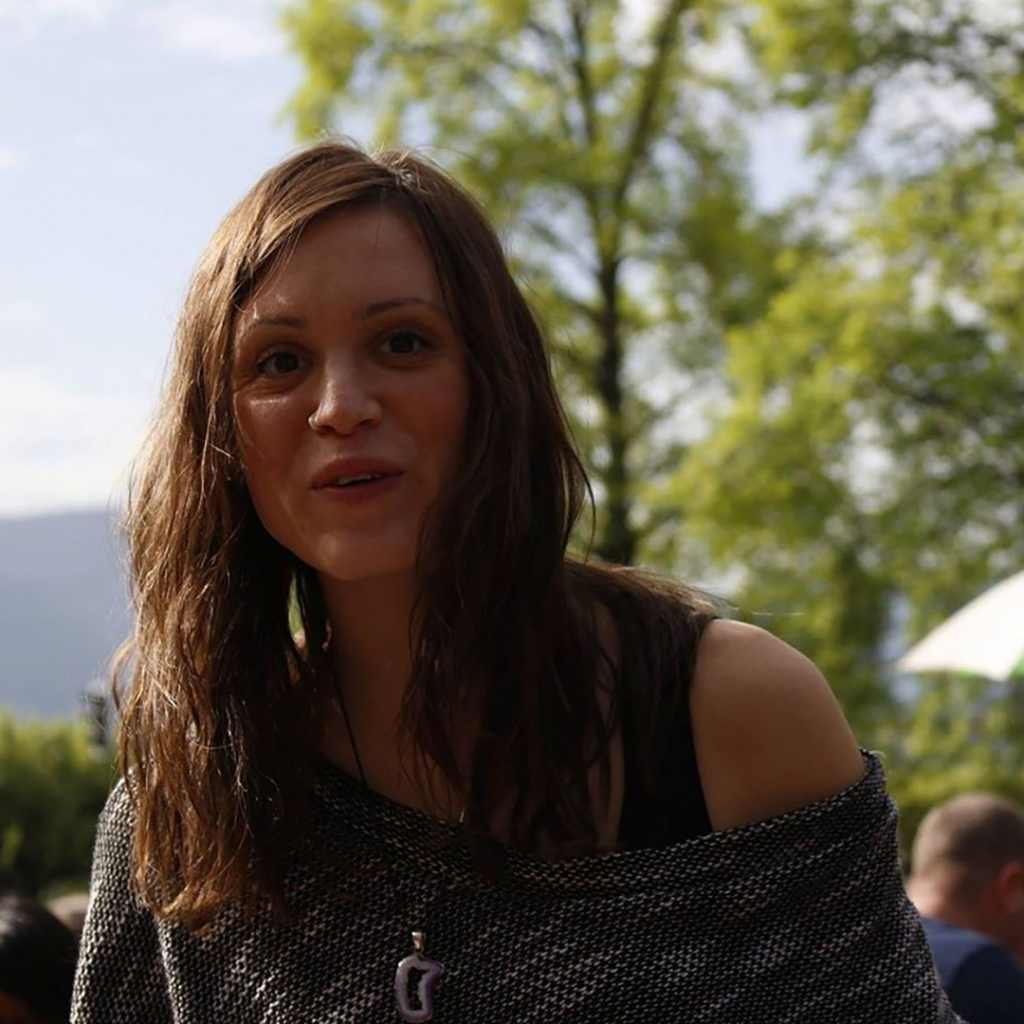
Alessia Gervasone, University of Barcelona
Alessia Gervasone is a PhD researcher in Art History at the University of Barcelona and an independent curator focused on art and political ecology. As part of the Art, Globalization, Interculturality (AGI) research group, her work explores how art and curatorial practices foster post-extractivist and decolonial imaginaries, integrating non-human governance. She currently collaborates with the Espronceda Institute of Art & Culture as a project manager, overseeing European projects.
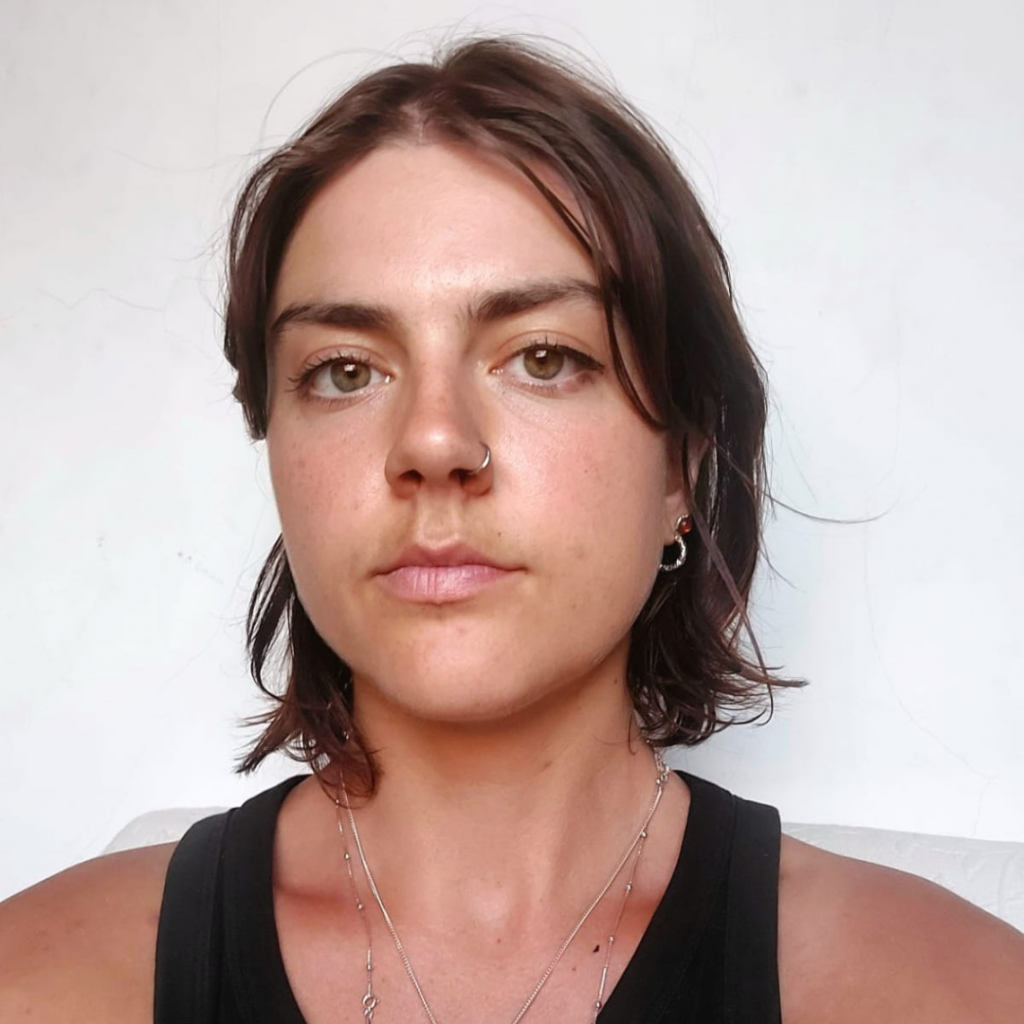
Sofia Greaves, Postgrowth Innovation Lab
Sofia Greaves is a Postdoctoral Researcher working for the Postgrowth Innovation Lab (ERC) at the University of Vigo. Sofia holds a PhD in Classics from the University of Cambridge, which explored cultures of science, technology, and urban planning in the nineteenth to twentieth centuries. Her postdoctoral research explored cultures of innovation in contemporary urban planning and European policymaking institutions, focusing on the importance of introducing arts-based approaches to address environmental issues.
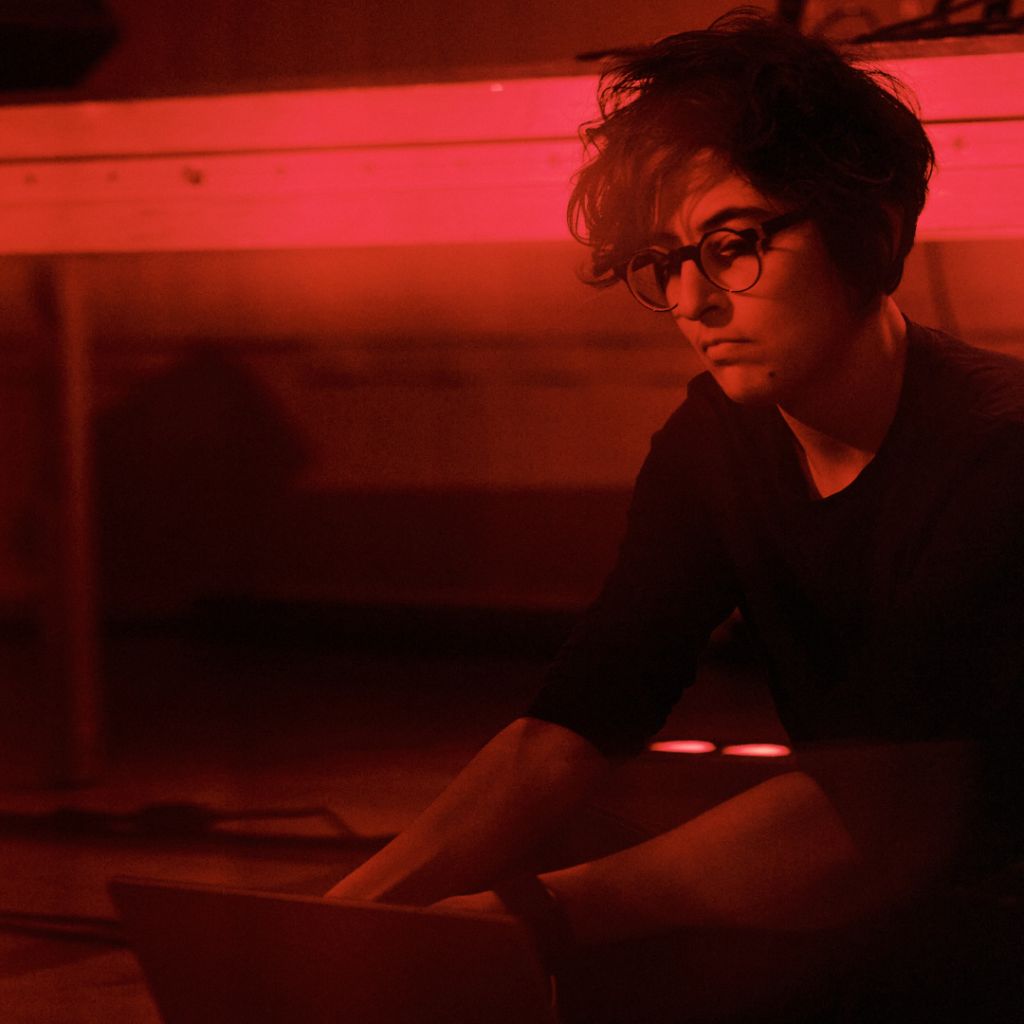
Mona Hedayati, Concordia University, University of Antwerp
Mona Hedayati is an artist-researcher and a joint PhD candidate in the interdisciplinary humanities at Concordia University, Canada and the digital arts doctorate program at Antwerp Research Institute for the Arts, University of Antwerp, Belgium and a research fellow at St Lucas school of Arts in Antwerp. Her work draws on computation arts and sound design. She has an MFA in digital media and an advanced master’s in social-political art and design. Hedayati has been trained in media art and design and her research-practice aims to bring social thickness back into the science and technology practices that conventionally claim their fields as “immune” to social concerns.
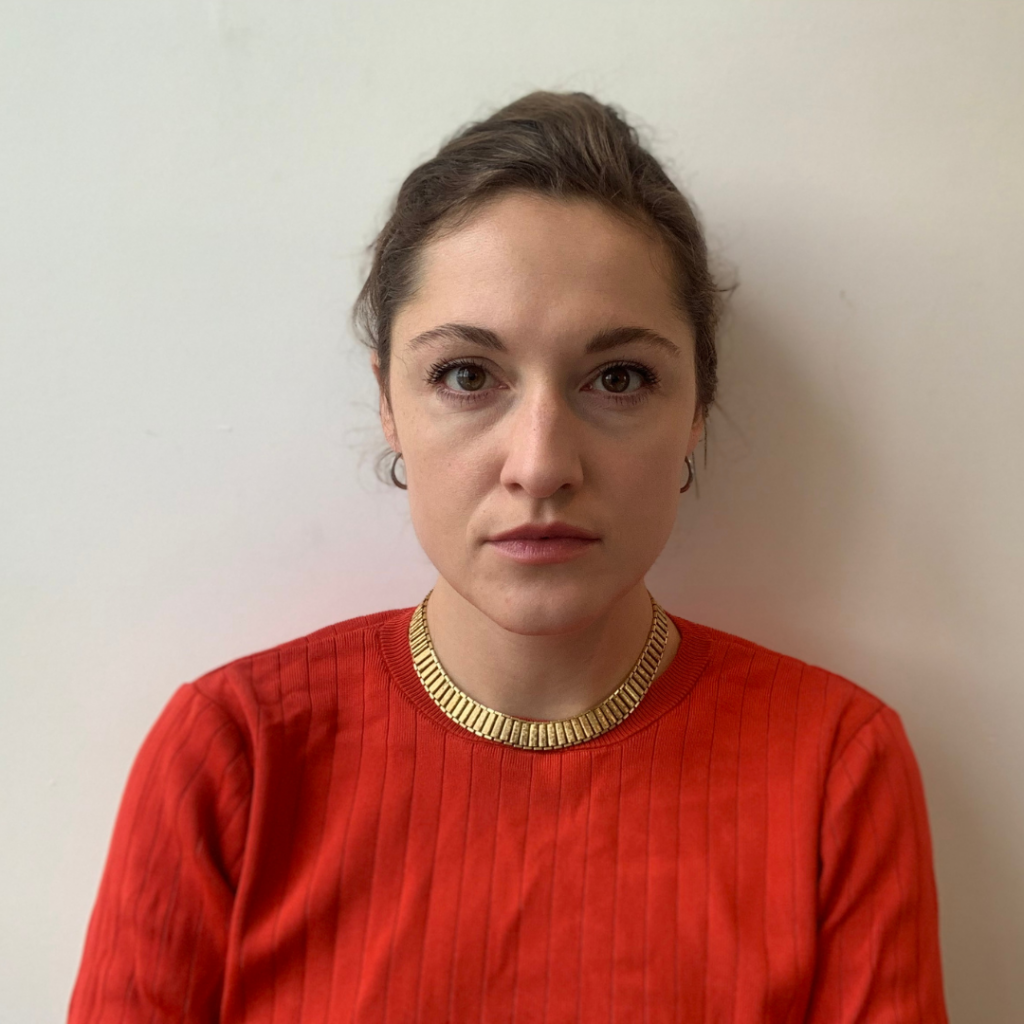
Clarice Hilton, Anagram
Clarice Hilton is a designer and researcher at Anagram. She is a creative technologist and researcher specializing in disability centered design, and is completing a PhD at Goldsmiths in embodied technology and disability centered design.
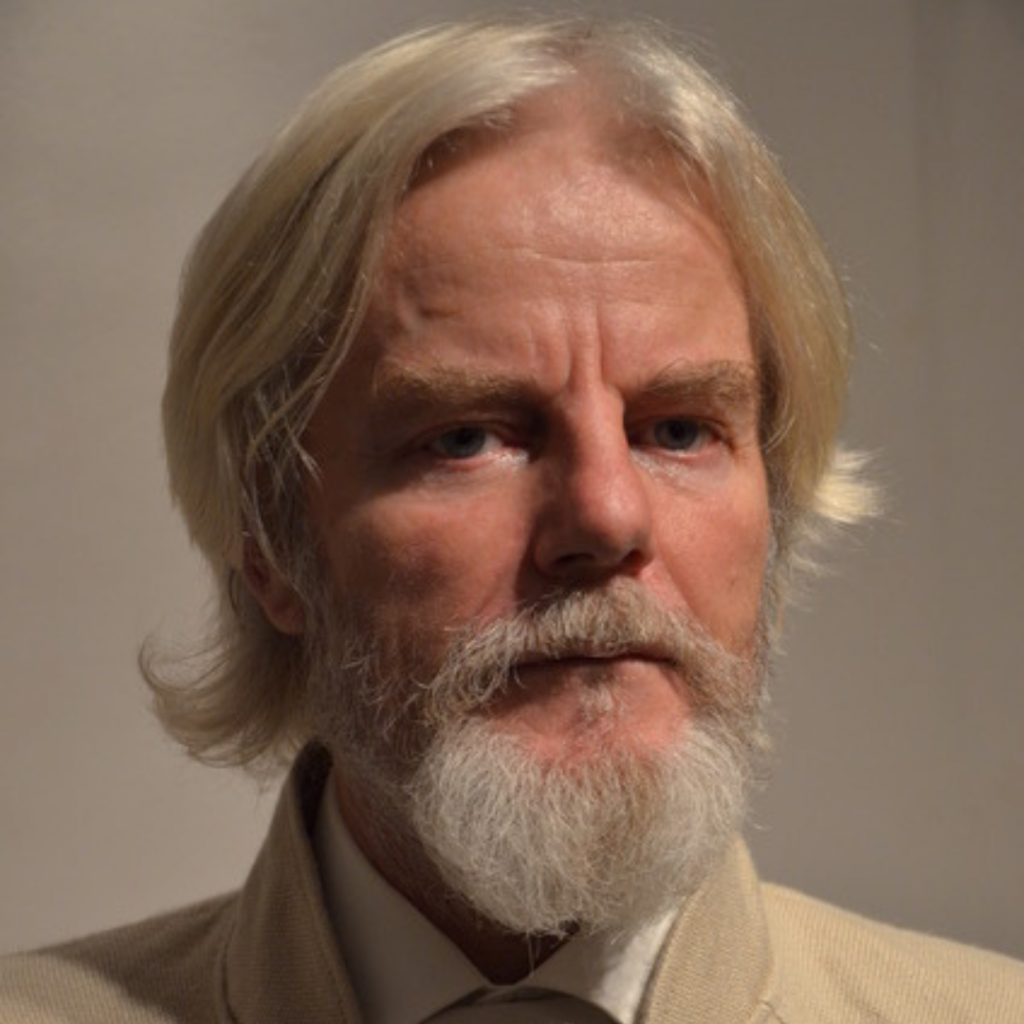
Marko Hren, Head of Unit Slovene Sustainable Smart Specialisation Strategy (Ljubljana, Slovenia)
Marko Hren is the head of unit for the Slovene Sustainable Smart Specialisation Strategy (S5), focusing on digital and circular economy, deep tech innovation, and the creative sector. With extensive experience in ICT development, humanities research, and social activism, he has engaged in various stages of tech and social innovation within the quintuple helix. In the past 25 years, he has continuously served as an evaluator and monitoring expert for both national and centralized EU initiatives.
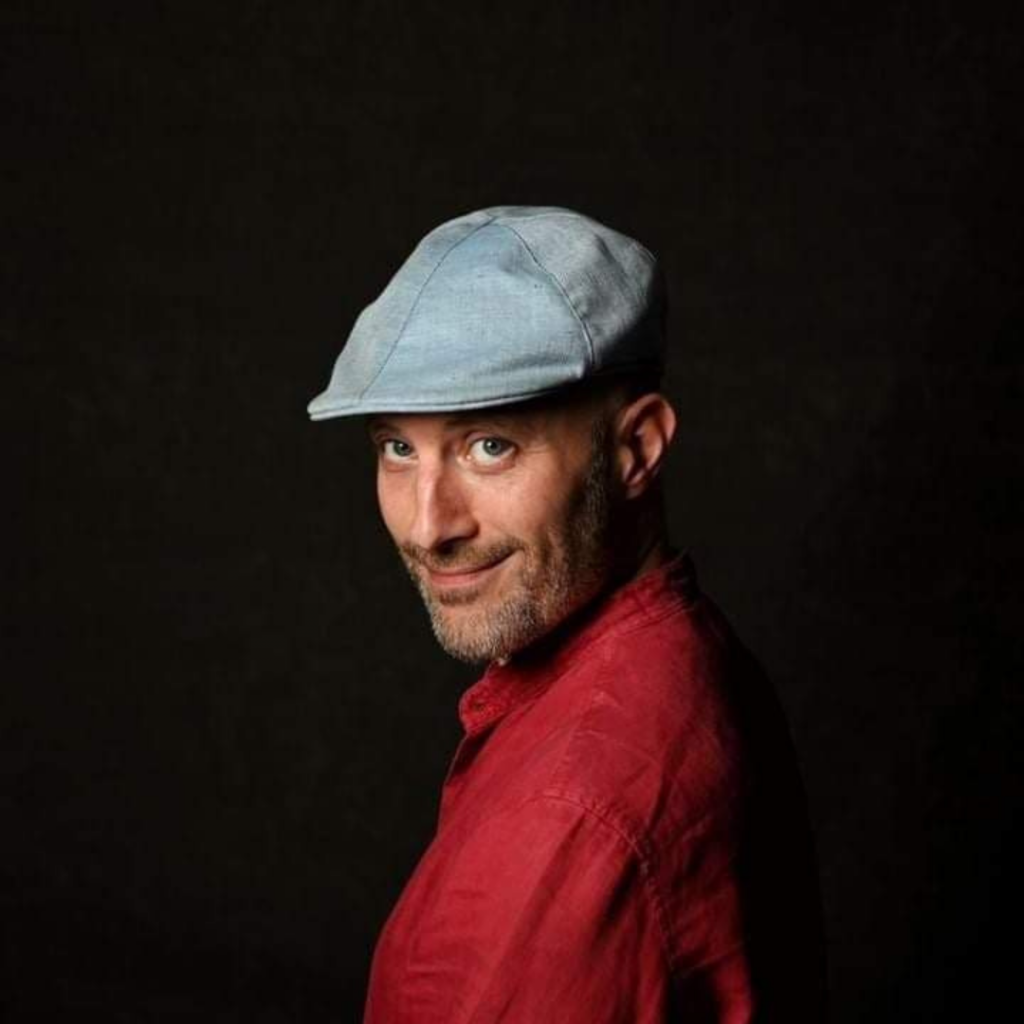
Antonio Irre Catalano, Independent artist and researcher
Antonio Irre Catalano (1980) Artist, independent researcher and cultural designer. He specializes in site-specific and audience-specific art practices. He is a performer and an author of performances, visual works, poems, short stories, and theater. As a cultural designer, he works on Public Art and Relational Art projects. As a researcher, his current focus is a project between Art and Science on plants and human-plant communication.
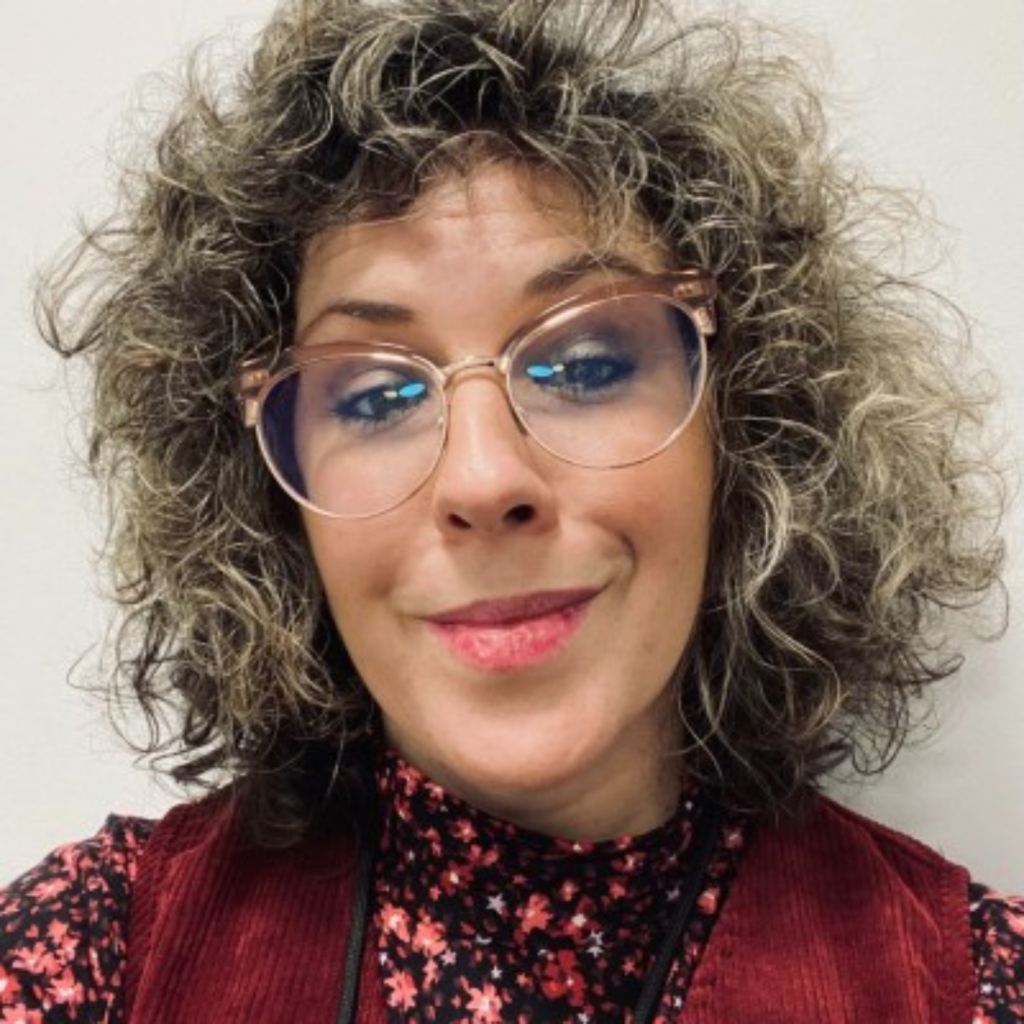
Christiana Kazakou, LEONARDO/ISAST LASER Talks
Christiana Kazakou is the Program Engagement Specialist at Leonardo/ISAST, where she manages LASER Talks; a program of international gatherings that foster interdisciplinary dialogue and opportunities for community building in over 57 cities and five continents worldwide.
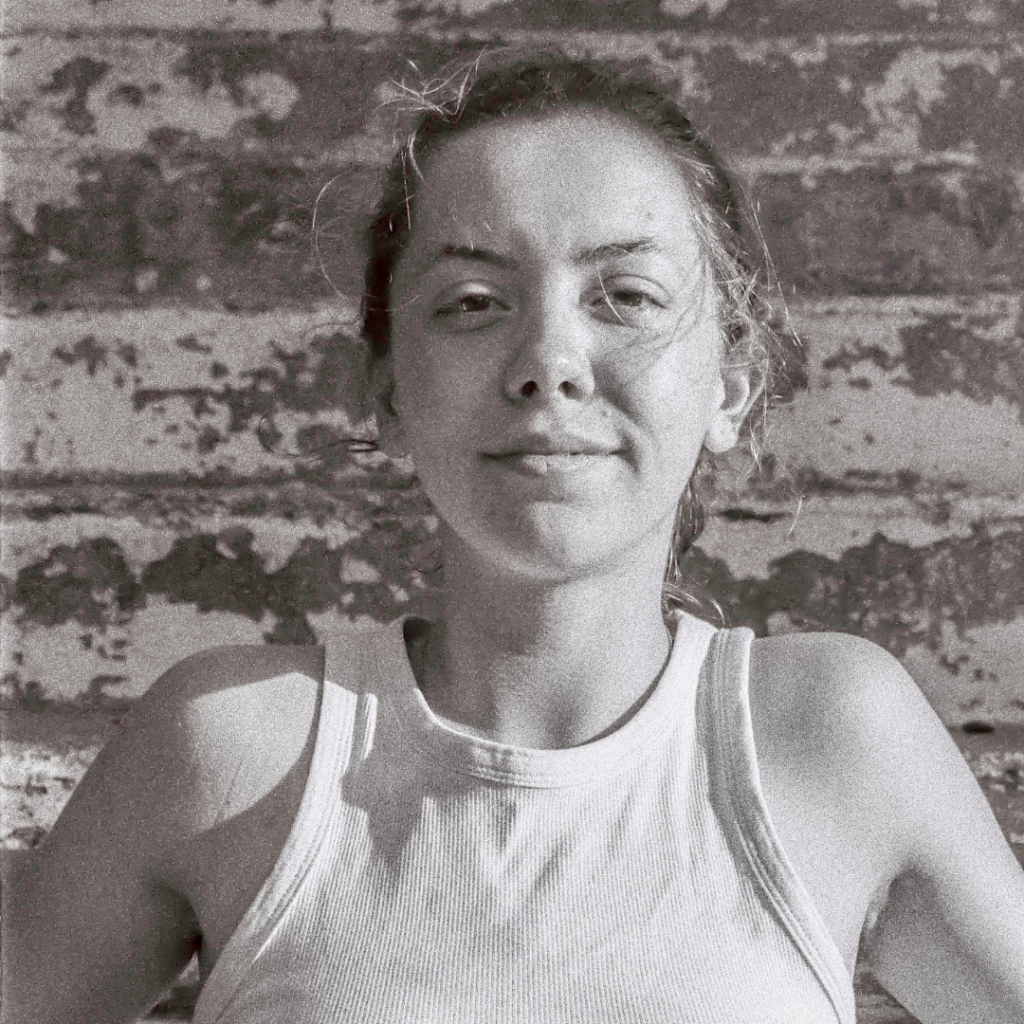
Lola Kengen, Learning Planet Institute, Paris
Maxim Velli and Lola Kengen combine their backgrounds in biodesign, politics, and climate education to tackle the reflexive impotence of their generation. Their “Solarpunk Manifesto” podcast explores how solarpunk ideals can inspire shifts in thinking and practice, particularly at the intersection of innovation and sustainability. In response to the crises of political representation and societal exhaustion, they advocate for radical hope as the driving force for more just and desirable futures.
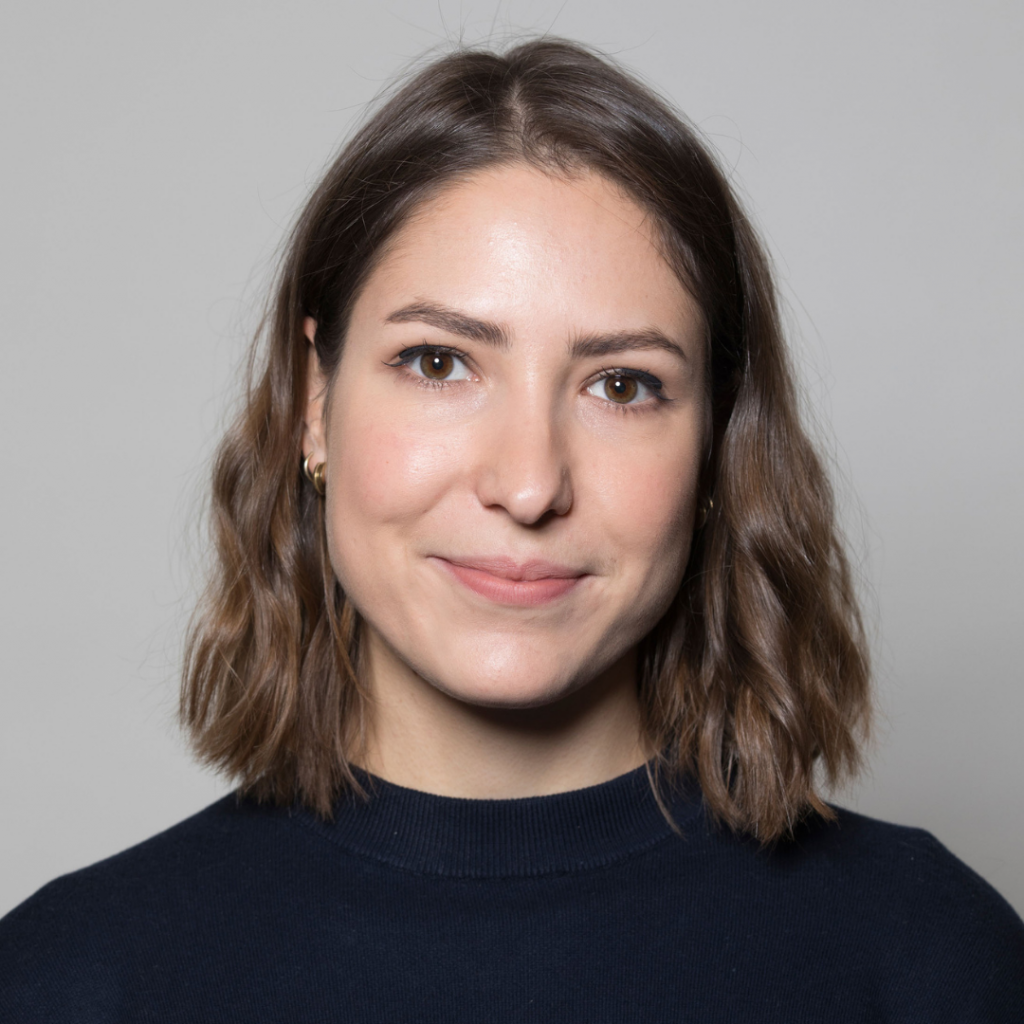
Carolyn Kirschner, Goldsmiths, University of London
Carolyn is a designer and researcher whose work explores complex relationships between humans, ecologies, and machines. Her work has been shown at the Centre Pompidou (2023), ZKM Center for Art and Media Karlsruhe (2022), Milan Design Week (2024), and A/D/O in Brooklyn (2020). Publications include Perspecta (2021), The Polar Silk Road (2021), and Visual Ecologies of Placemaking (2024). She is a Lecturer in Design at Goldsmiths, University of London.
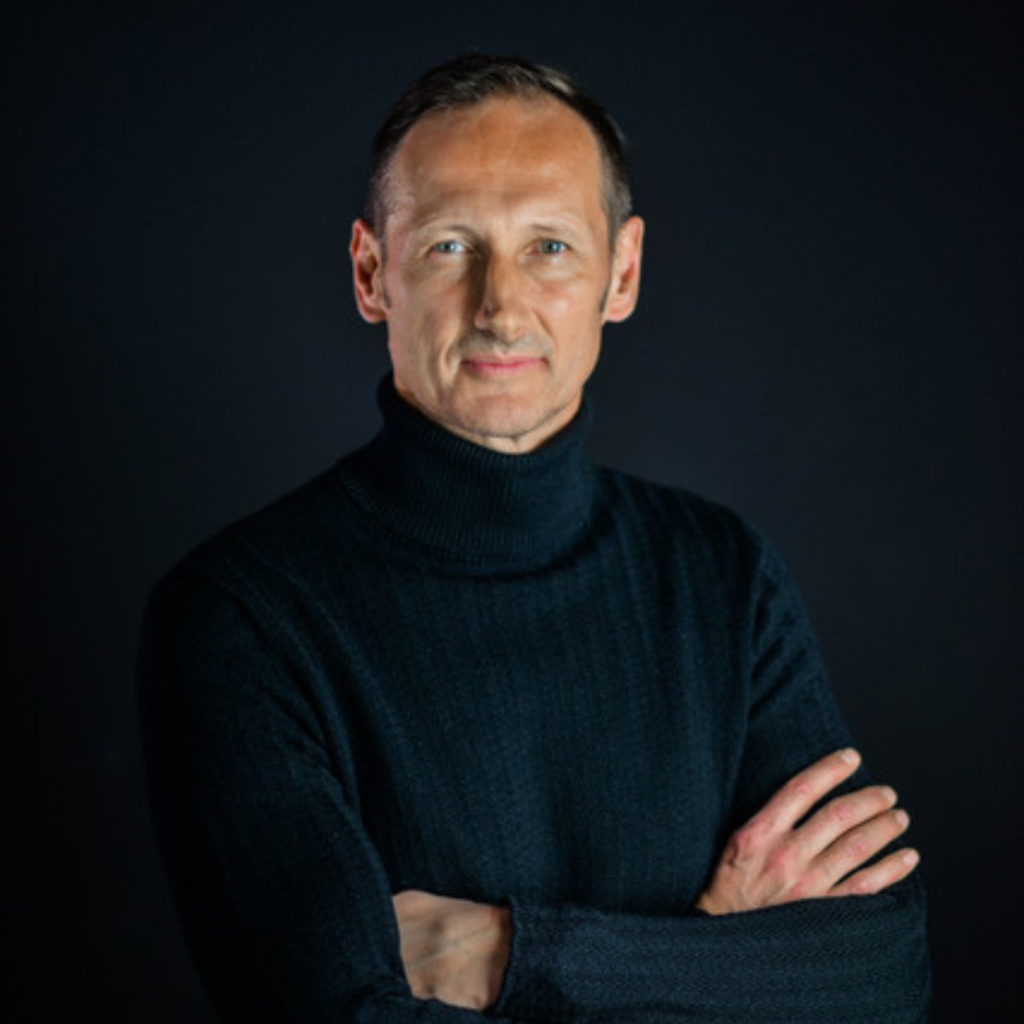
Jurij Krpan, Kapelica Gallery for Contemporary Investigative Art
Jurij Krpan founded Kapelica Gallery for Contemporary Investigative Art in 1995 and has been its senior curator since. He has curated national and international exhibitions, including the Slovenian pavilion at the 50th Venice Biennale. Since 2012, he’s been the artistic director of the Kersnikova Institute, supporting art research labs BioTehna and Rampa. Krpan integrates art with innovation for sustainable development and is Slovenia’s Smart Specialisation Ambassador. He joined Slovenia’s National Council of Culture in 2019 and became its president in 2024, lecturing globally on the Kapelica Gallery.
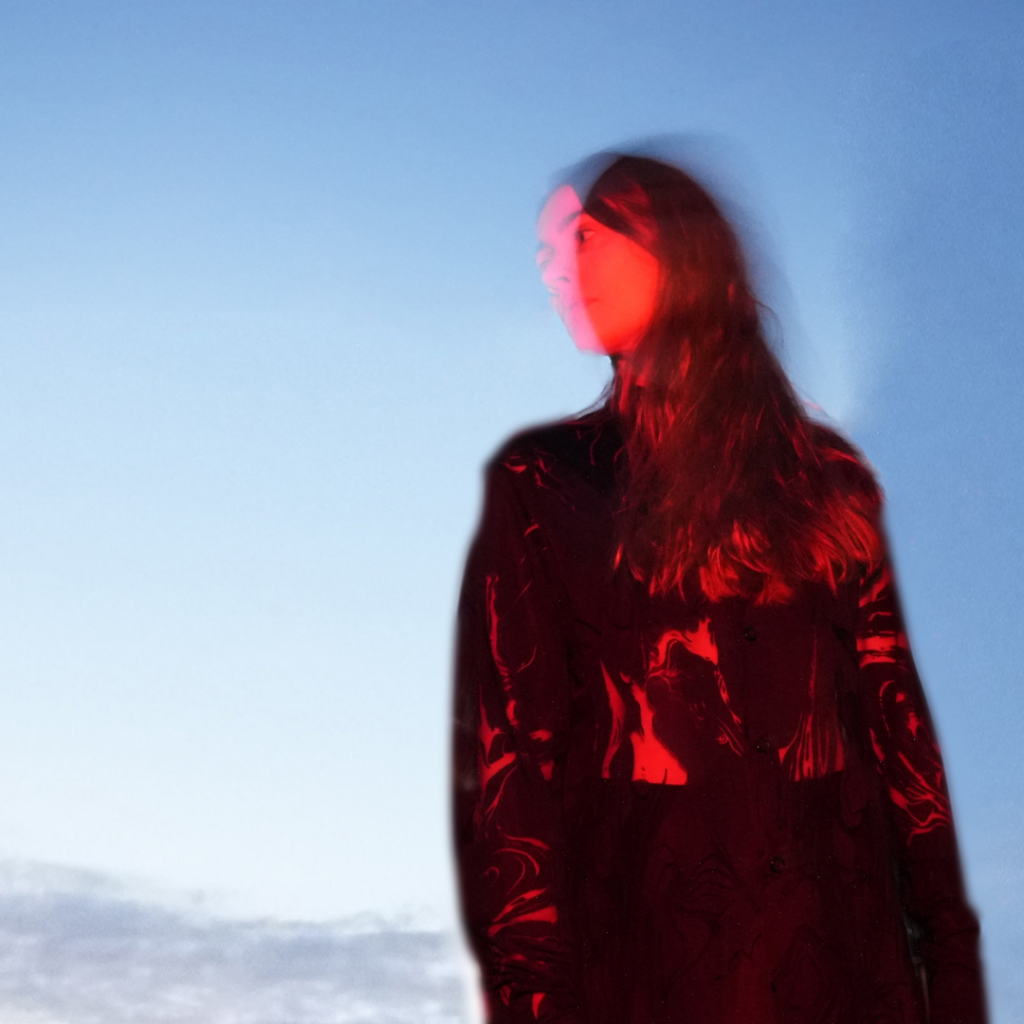
Guillemette Legrand, Ecole des Arts Décoratifs (PSL) / Basel Academy of Art and Design (FHNW)
Guillemette Legrand is an artist, designer, and researcher who documents and mobilises computational infrastructures that produce knowledge about people and the earth to question the cosmological imaginaries it naturalises. Guillemette’s work can be described as an artistic and participatory intervention of algorithmic knowledge to re-imagine its frictions and possibilities through interdisciplinary cooperations and multimedia installations. Guillemette is affiliated with the EnsadLab (ENSAD-PSL) and the Critical Media Lab (FHNW-HGK).
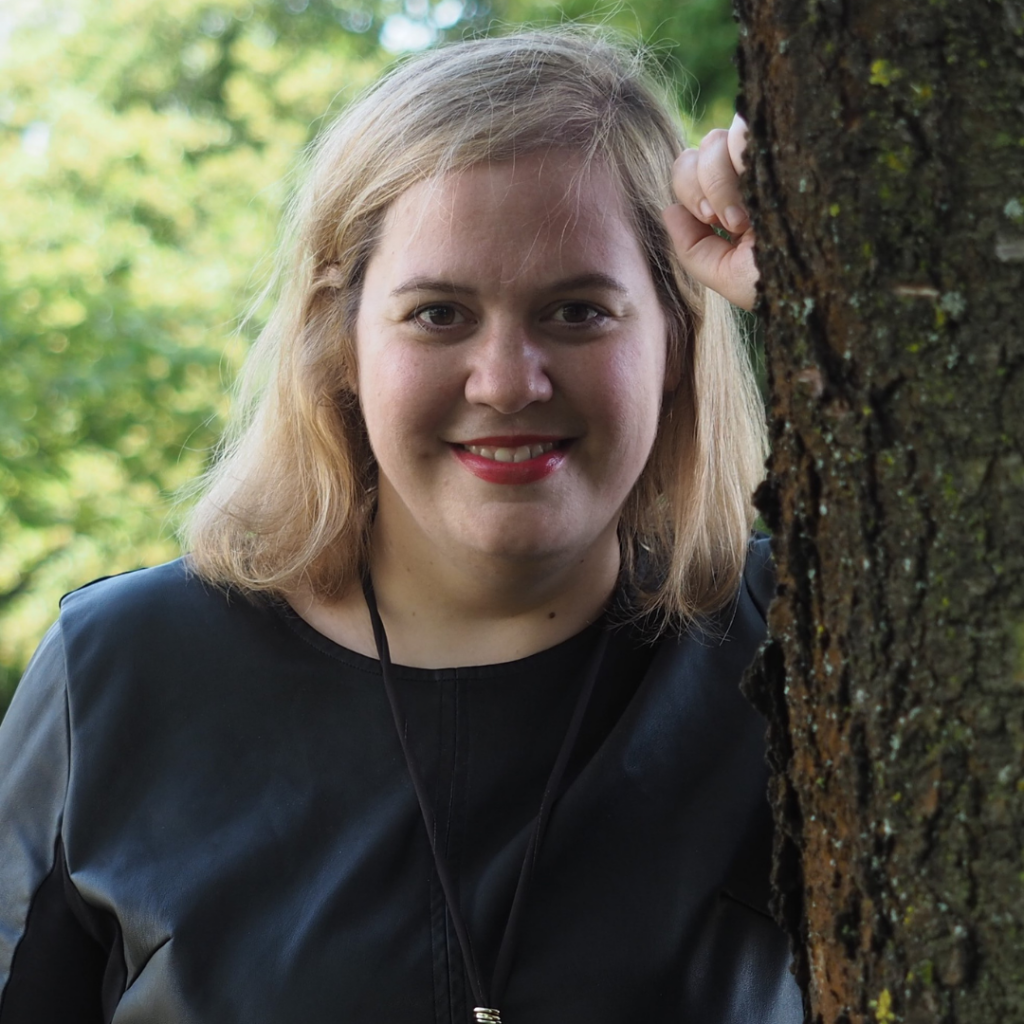
Veronika Liebl, Ars Electronica
Veronika Liebl is the Ars Electronica’s Director of European Cooperation and the Managing Director of its Festival/Prix/Exhibitions department. For over ten years she has been involved in programming and the production of collaborative programs with partners from the arts, sciences and industry and evolved, launched and completed numerous EU projects such as the STARTS Prize and the European ARTificial Intelligence Lab. Furthermore, she serves as a member of the City of Linz Culture Council, the executive board of the Linz UNESCO City of Media Arts and the Content Innovation Council of the Frankfurt Book Fair’s ARTS+ program.
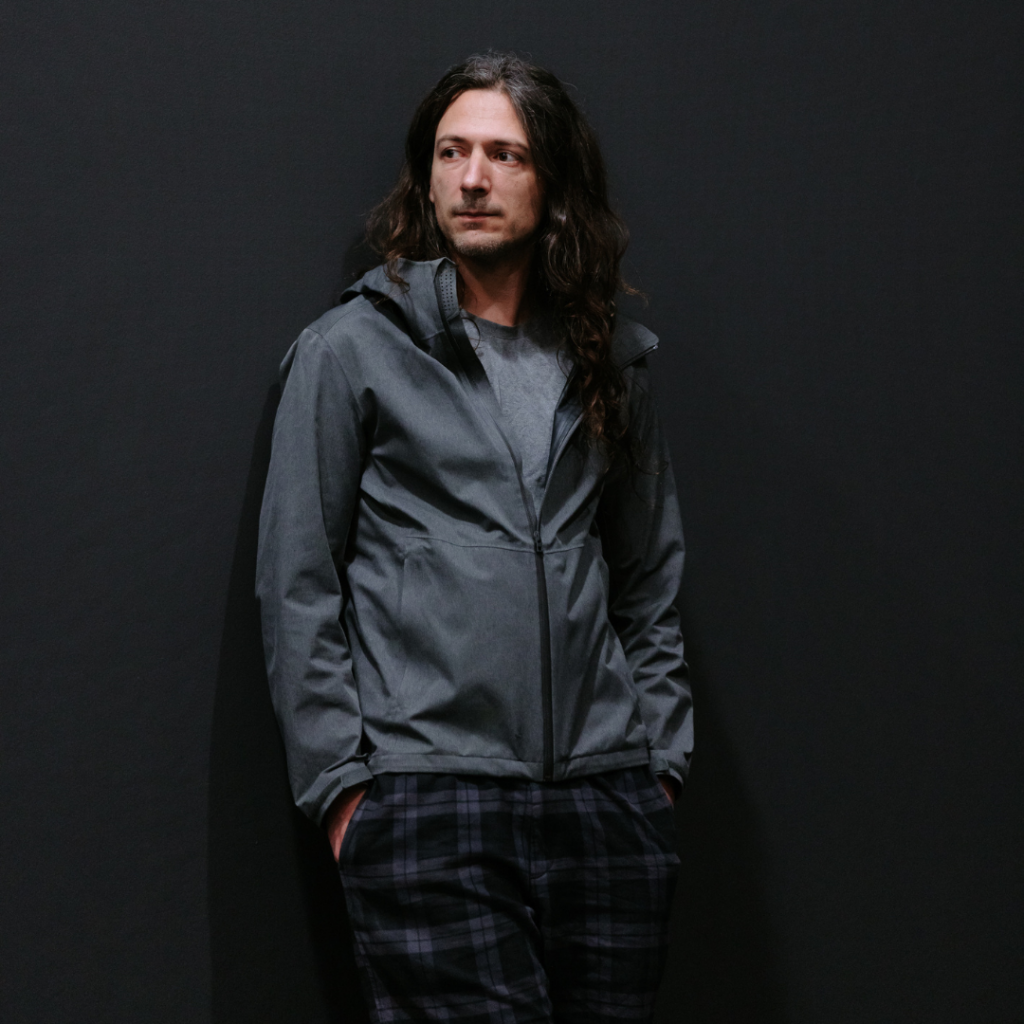
Adrien Lucca, Studio Adrien Lucca
Since 2009, Adrien Lucca develops a multidisciplinary body of work around color and light that questions our perception of the physical world. In search of practical means of action to set up aesthetic experiences, he has set up a research and production laboratory where he conceives his works in an autonomous way at the intersection of art and science. To the antipodes of a sad passion for the normalization and the technicization of our relations to the physical world, Lucca believes that one can highlight the strangeness of the link between the physical world and our perception of it by appropriating scientific and technological resources. His most recent work aims at redefining the very concept of “color”. Adrien Lucca (born in 1983 in Paris) lives and works in Brussels, Belgium.
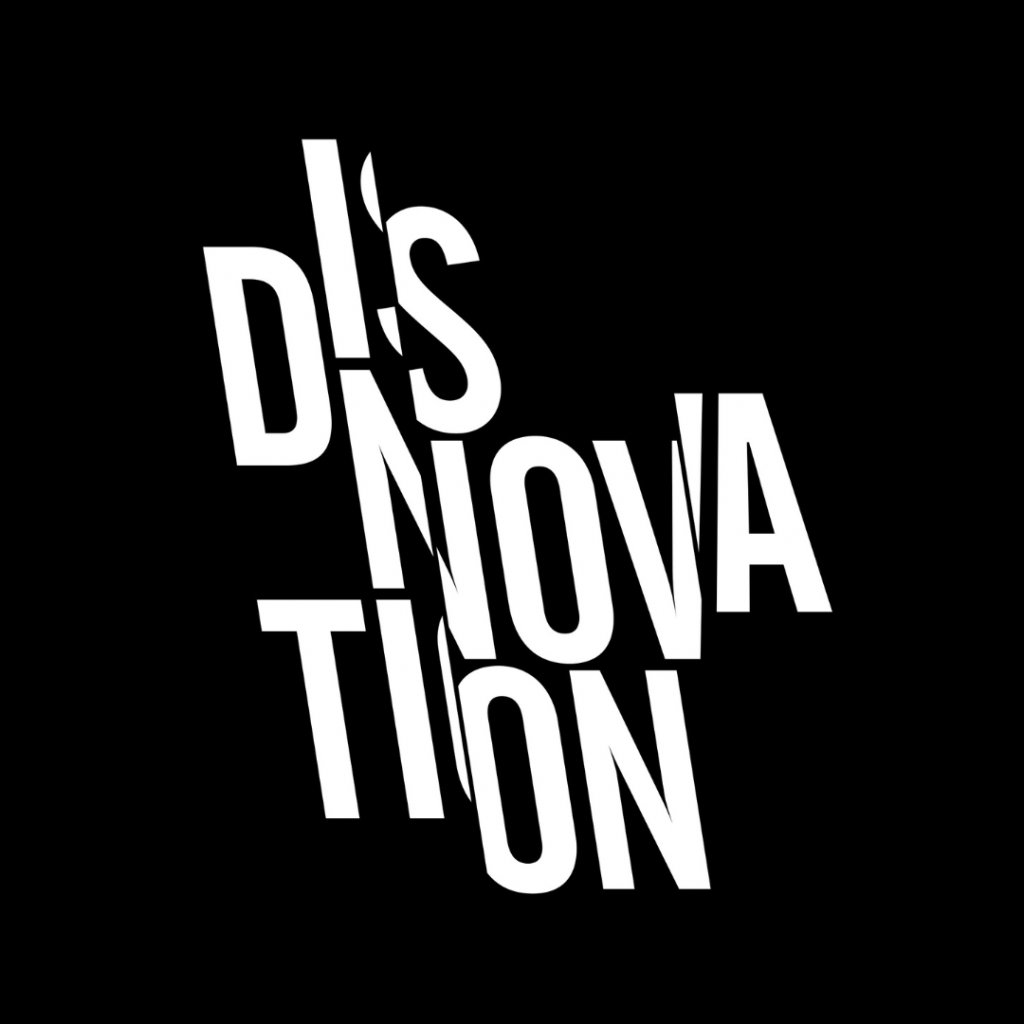
Nicolas Maigret, DISNOVATION.ORG
DISNOVATION.ORG merges contemporary art, research & hacking to critically translate complex eco-social debates into operative and provocative exhibits. They create radical artworks staged as large laboratory experiments focused on energy, ecology and economics that work as catalysts for crafting futures that diverge from prevailing narratives. Their exhibits, books and videos permeated global cultural landscapes fostering a critical dialogue at the nexus of artistic, political and scientific inquiry. They co-edited A Bestiary of the Anthropocene with Nicolas Nova, an atlas of anthropic hybrid creatures, and The Pirate Book, an anthology on media piracy.
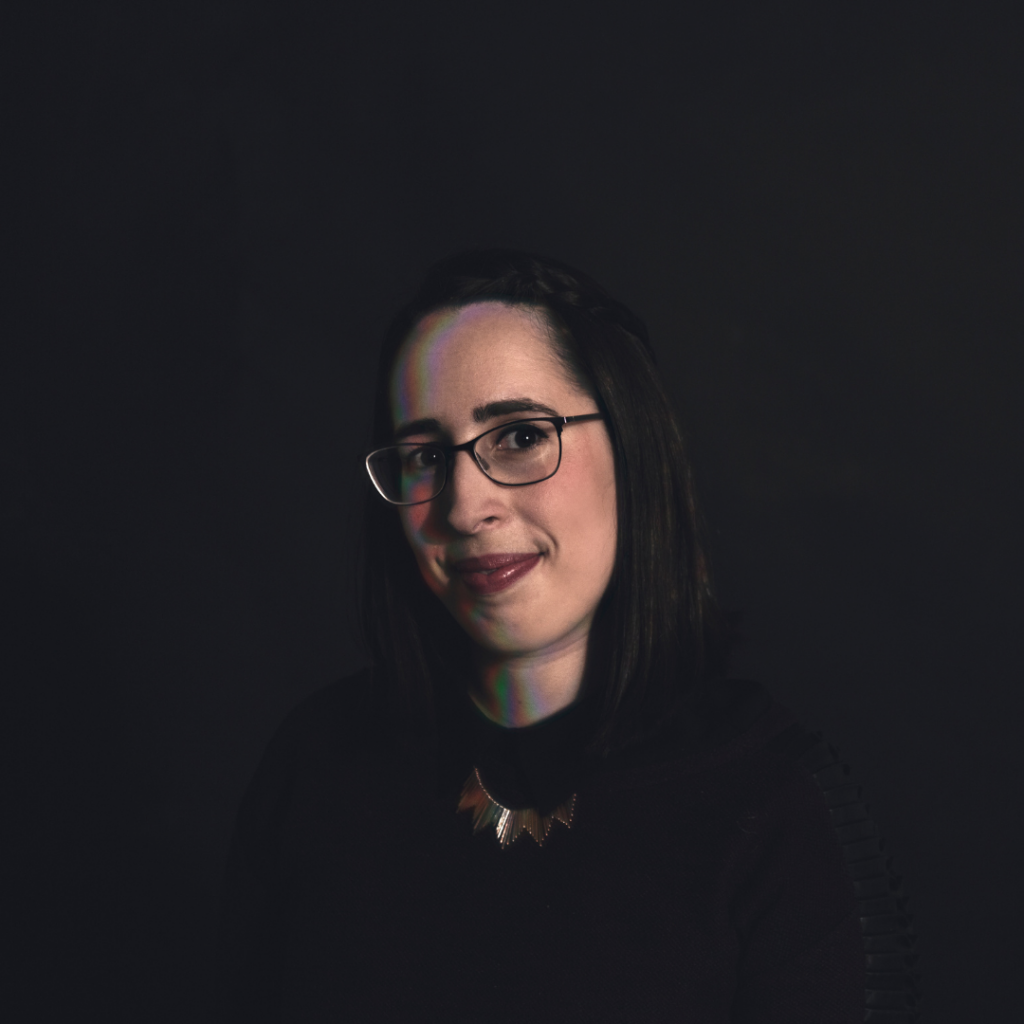
Carla Molins-Pitarch, Image Processing and Multimedia Technology Center, UPC
Carla Molins-Pitarch, PhD, MFA, is an experienced designer, creative technologist, and researcher working at the intersection of design, technology, and science to bring a tangible instance to complex concepts. Currently, researcher at the Image Processing and Multimedia Technology Center, UPC (DiCode: digital culture and creative technologies research group). Marie Curie Fellow, PhD in communication UPF (Spain) 2019-2023; La Caixa Fellow, Design & Technology MFA ’19 Parsons, The New School (NY, USA).
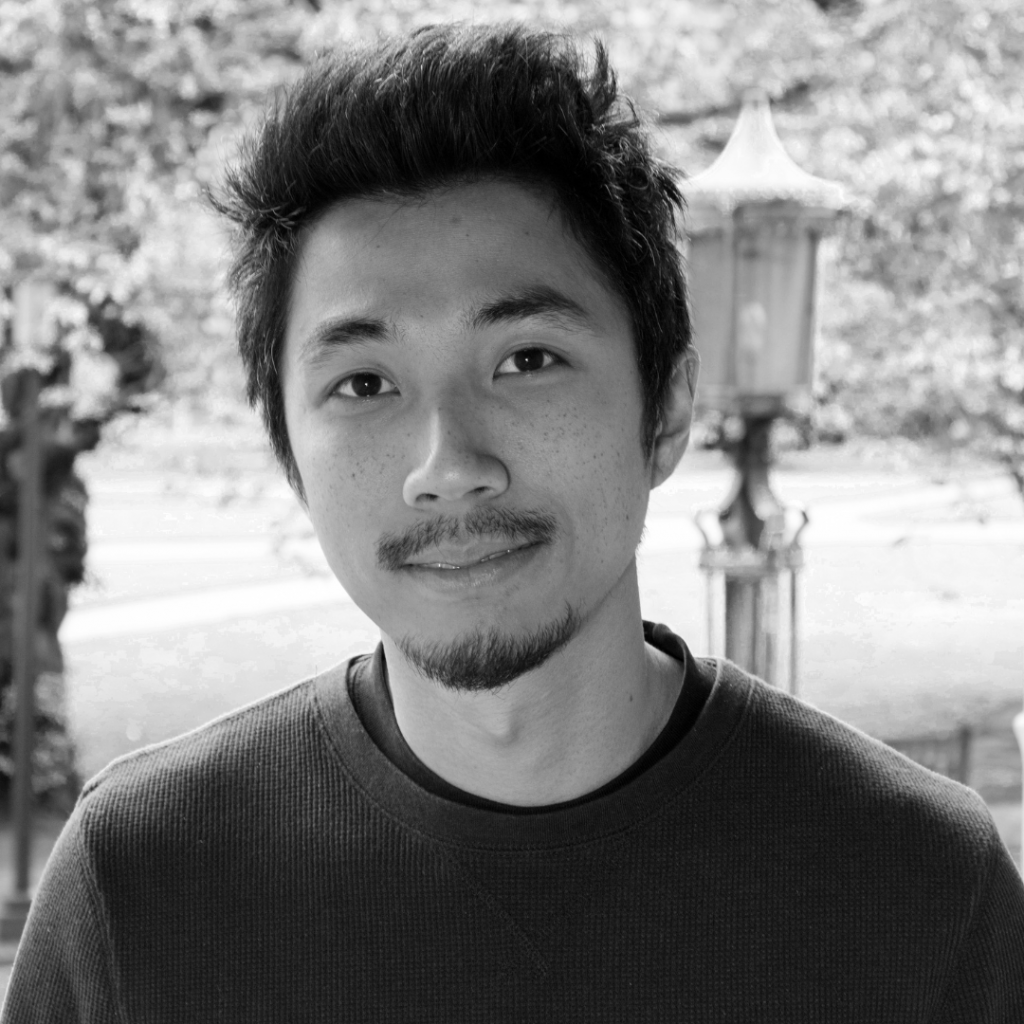
Joel Ong, York University
Joel Ong (PhD) is a media artist whose works connect scientific and artistic approaches to the environment. His recent works explore the visibility and audibility of ambient phenomena with a particular focus on the wind and the atmospheric microbiome. Joel holds a PhD from DXARTS at the University of Washington (2017), and an MSc. In Biological Arts from SymbioticA at the University of Western Australia. He was a recipient of the Petro-Canada Young Innovators Award in 2020 and is Associate Professor in Computational Arts, at York University and the Helen Carswell Chair for Community Engaged Research in the Arts.
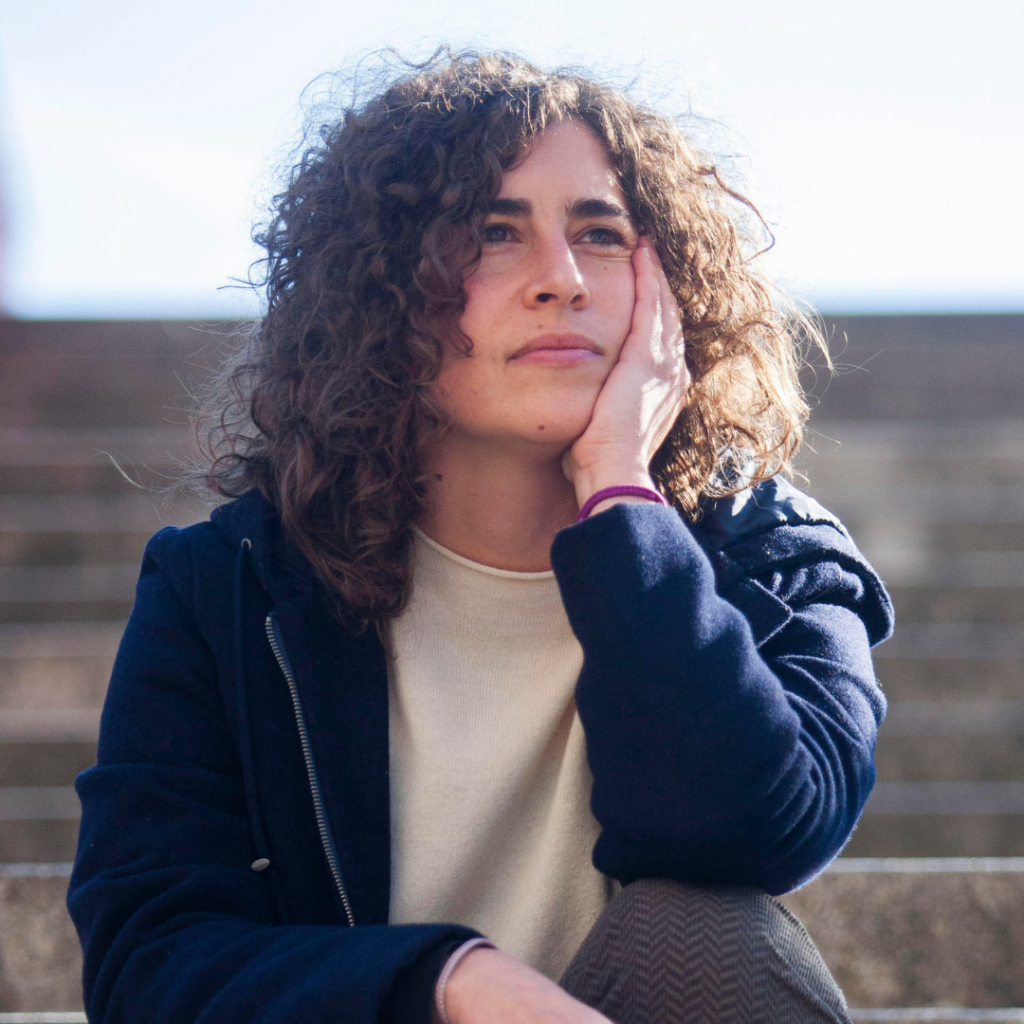
Anna Pinotti, HacTe
Anna Pinotti holds a degree in Audiovisual Communication from the UB and a Master’s degree in Cultural Management from UOC – UdG. She worked as a freelance cultural manager and consultant accompanying public institutions and private organisations, mainly in the Basque Country. From 2020 to 2023 she worked in Conexiones improbables, an organisation that promotes open innovation processes through methodologies of hybridisation between the arts with other sectors. Since January 2024, she is project manager of HacTe, the Hub for Art, Science and Technology in Barcelona.
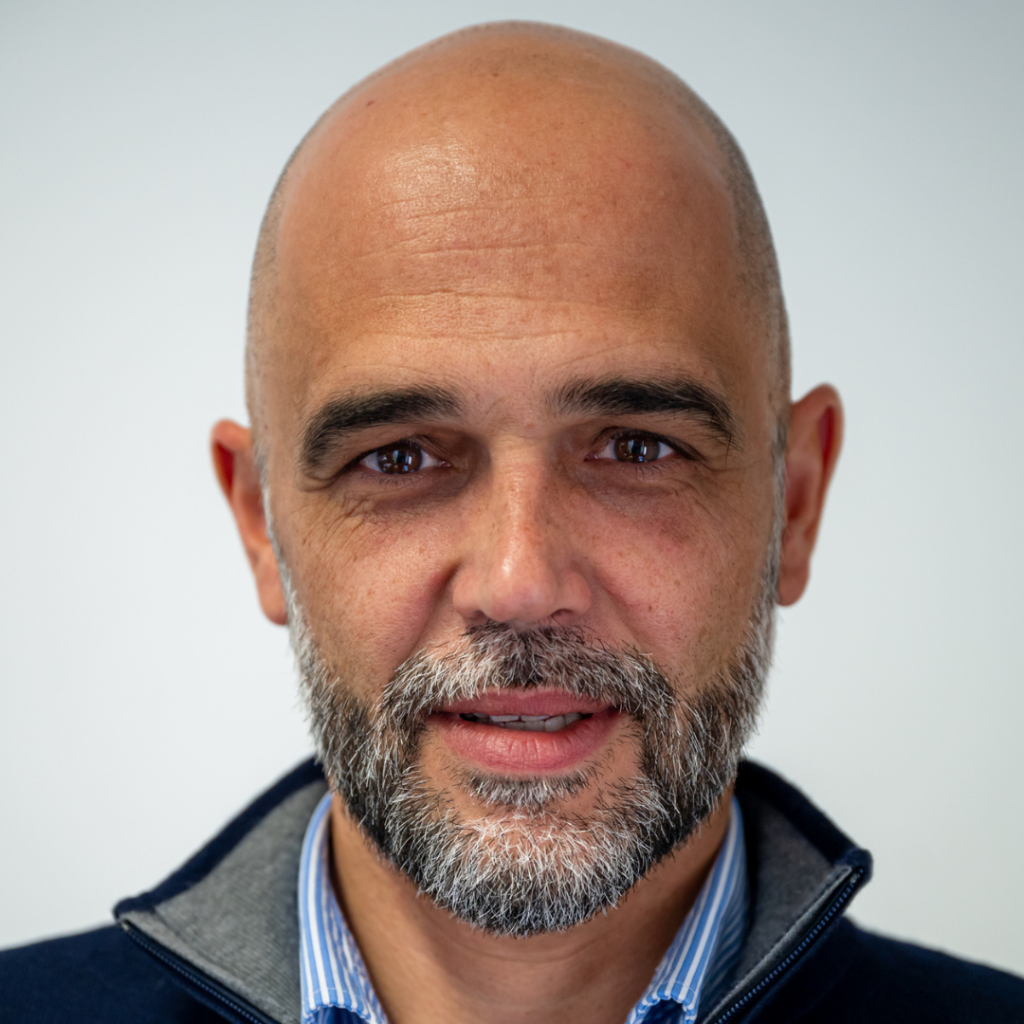
Ricardo Rego, Councillor in Viana do Castelo City Council (Portugal)
Ricardo has a degree in Organisational Psychology, specialising in Organisational Management. He is currently a councillor in the Viana do Castelo City Council with responsibility for health promotion, human resources, sport, innovation and digital transition and heritage management, having also been the mayor’s chief of staff between 2017 and 2020. He has developed several municipal projects, including ‘Viana European City of Sport 2023’ and the Viana STARTS Project of the New European Initiatives.
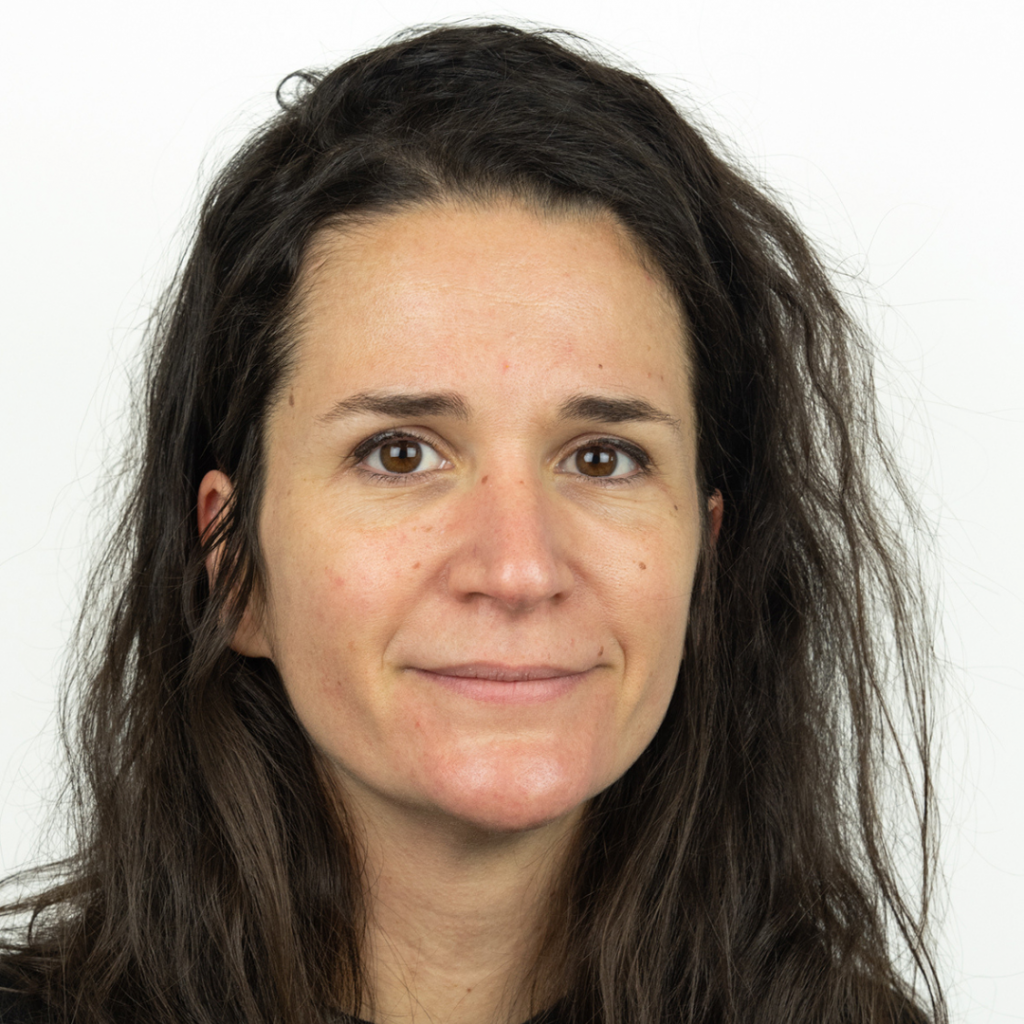
Mónica Rikić, Universitat Oberta de Catalunya
Mónica Rikić (Barcelona, 1986) is an electronic artist and recipient of the 2021 National Culture Award of Catalonia. She combines creative coding and electronics with non-digital objects to create interactive projects and robotic installations. Her work explores the social impact of technology, focusing on critical thinking around alternative technologies and open hardware. Her projects have been exhibited at national and international institutions and festivals for over ten years.
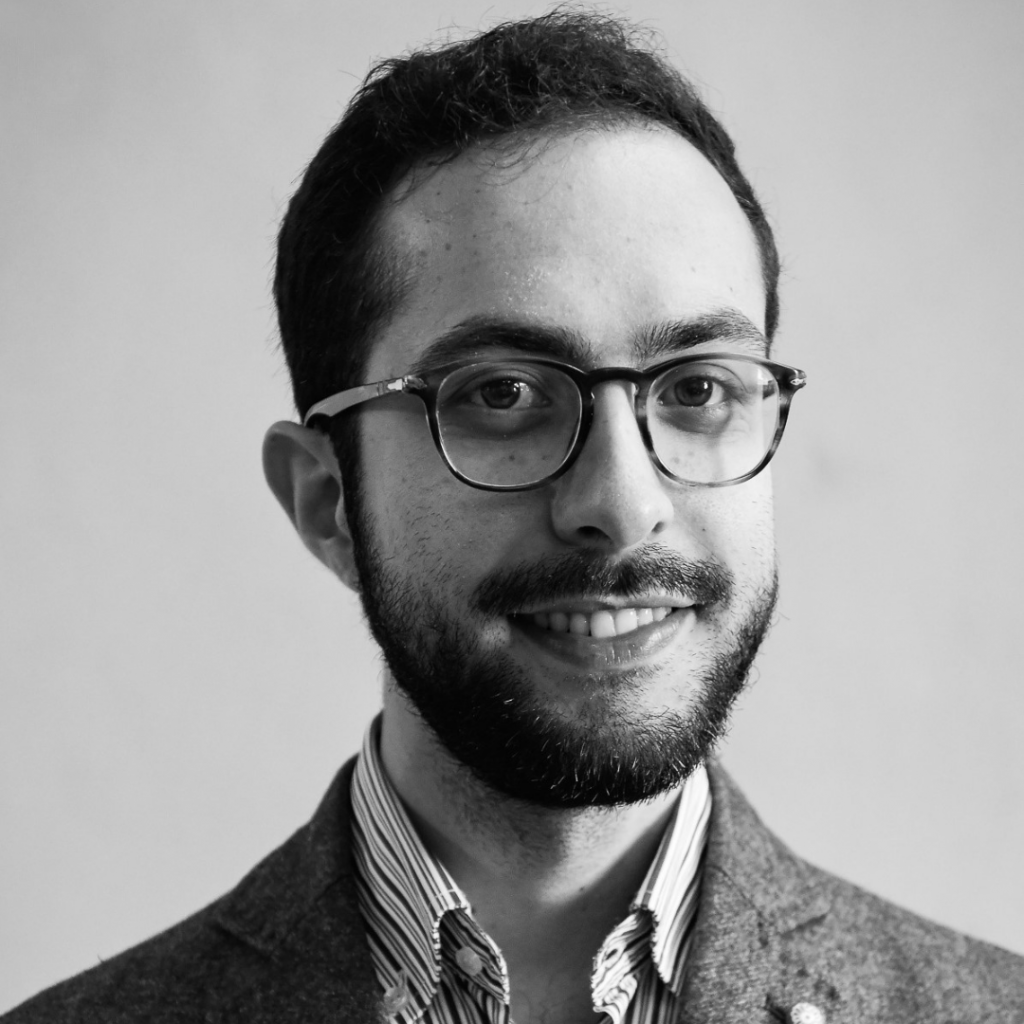
Gabriele Rosana, freelance journalist and policy analyst
Gabriele Rosana is a freelance journalist and moderator, and a policy analyst based in Brussels. Specialised in EU Affairs at the College of Europe in Bruges, he has extensive experience in cultural policymaking, having worked as a policy advisor both in the European Parliament and with Culture Action Europe, the major European cultural network of networks, organisations, and activists. He contributes to various publications with stories and analyses on Europe and the European Union.
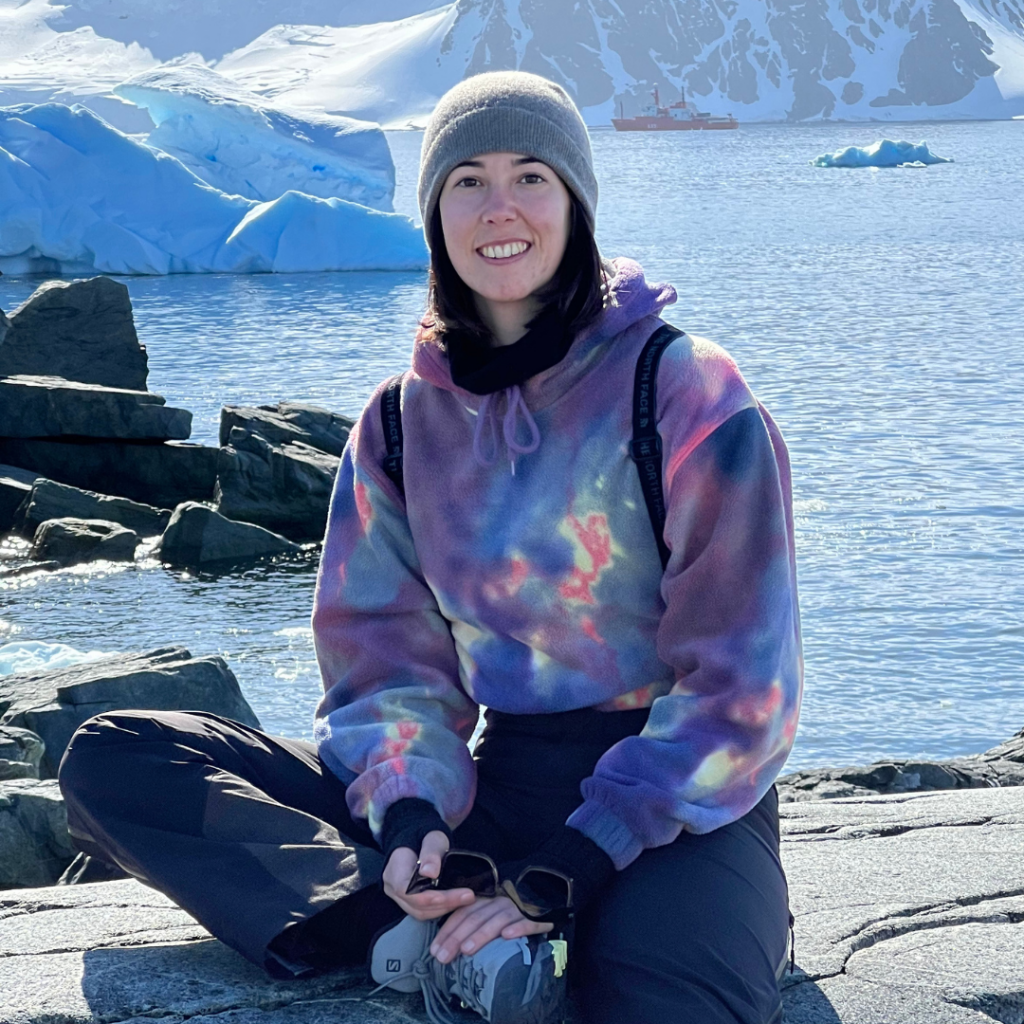
Marta Royo Llonch, SHOOK Studio / ICM-CSIC
Marta Royo (1990, Terrassa) is a scientific researcher (PhD in Environmental Microbiology), designer and visual artist. She is an expert in the analysis of big data, conducting research at the Institut de Ciències del Mar since 2012. In 2018, Marta co-funded SHOOK Studio to improve the accessibility to scientific knowledge through art and design. They are specialists in mediating science/art collaborations and their works have been presented at international festivals.
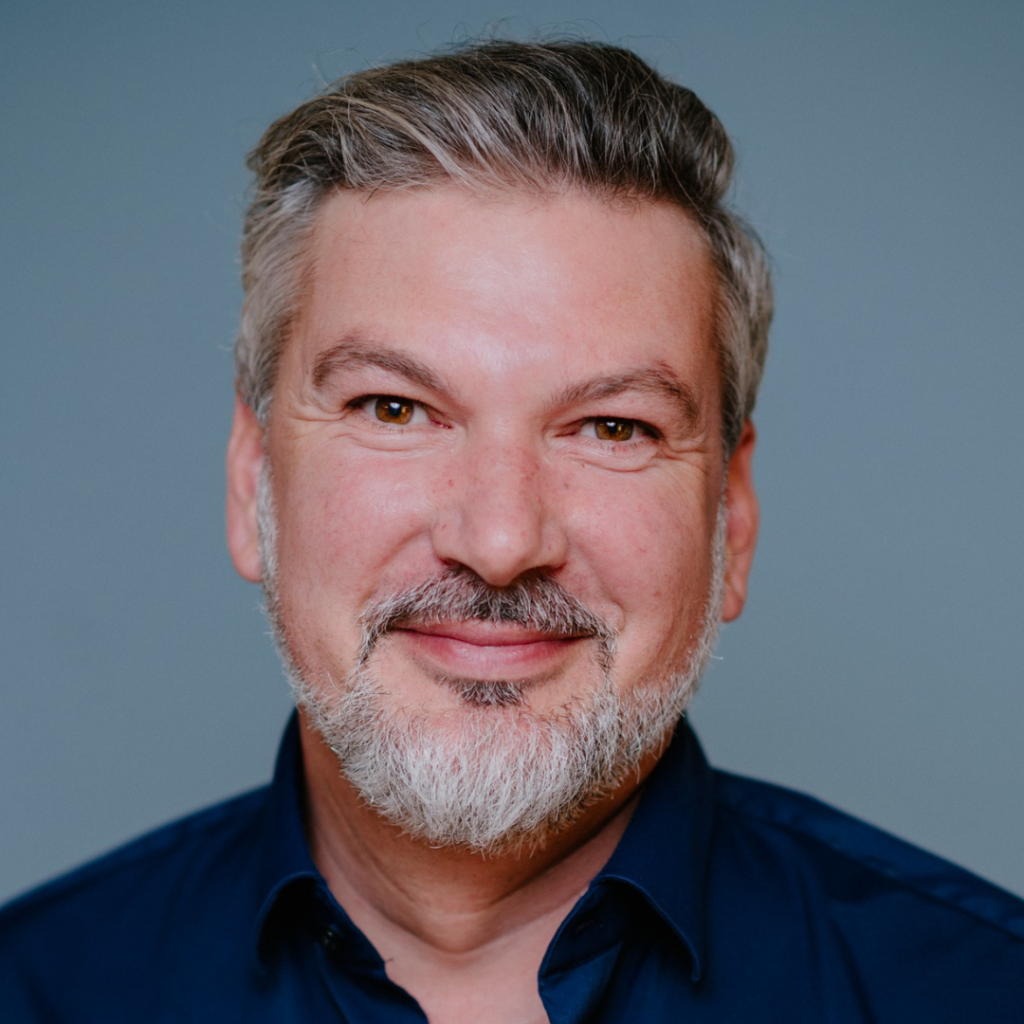
Georg Russegger, Head of Open Innovation Center at Ludwig Boltzmann Institut (Vienna, Austria)
As a trained media artist and researcher with a PhD in media anthropology, Georg Russegger works and operates at the crossroads of open innovation and human-computer interaction. Research and development, responsible innovation and knowledge valorization for academia, society and the economy are key. My endeavor is to open artistic and creative methods of design for outreach, engagement and education with agile impact. Skills transfer, capacity and community building to empower and open up people’s desires to deal with global challenges and work together for a better future fuel my inspiration.
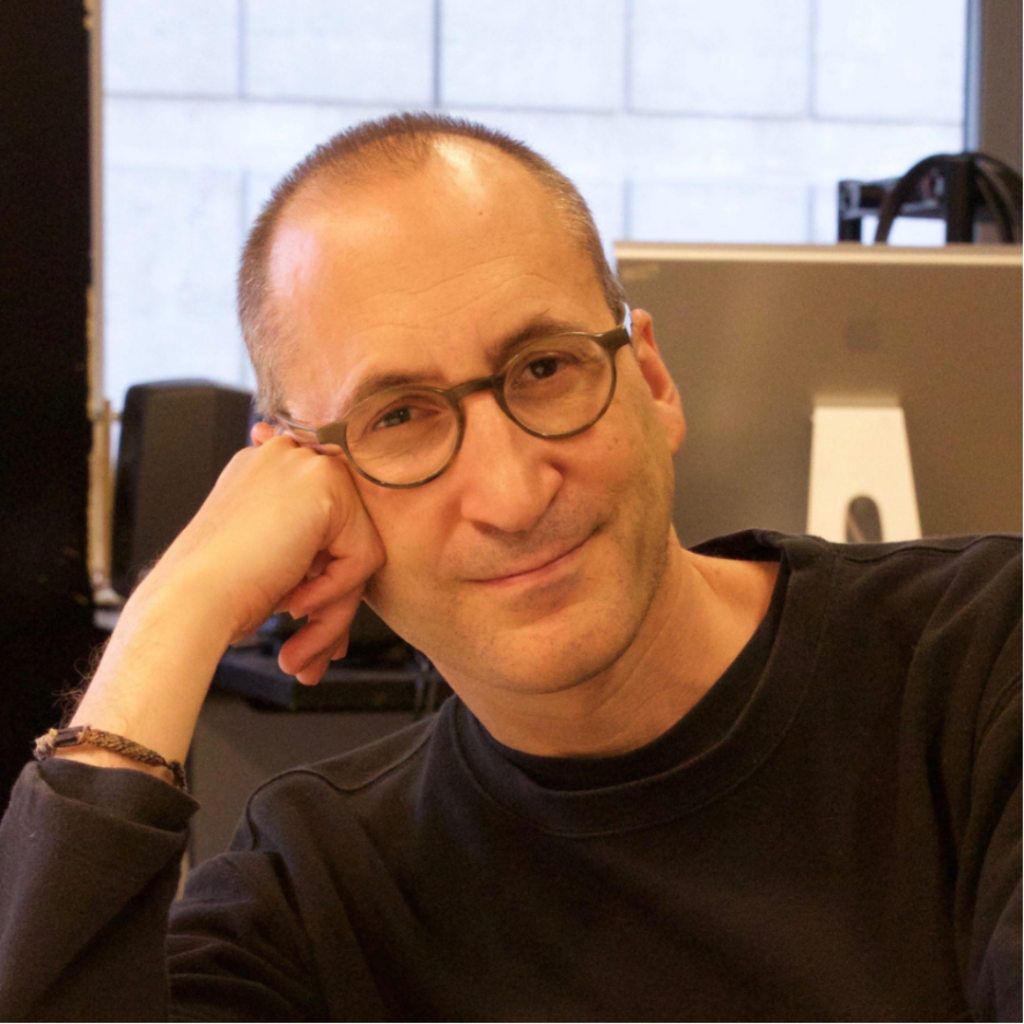
Chris Salter, Zurich University of the Arts
Chris Salter is Professor for Immersive Arts and Director of the Immersive Arts Space at the Zurich University of the Arts (ZHdK), Professor Emeritus, Design and Computation Arts at Concordia University in Montreal, former Co-Director of the Hexagram network for research-creation in arts, cultures and technology and Co-Founder of the Milieux Institute at Concordia. His artistic work has been seen all over the world at such venues as the Venice Architecture Biennale, Barbican Centre, Berliner Festspiele, Wiener Festwochen, ZKM, Kunstfest Weimar, Musée d’art Contemporain, Muffathalle, EXIT Festival and Grand Palais Immersif-Paris, among many others. He is the author of Entangled: Technology and the Transformation of Performance ( 2010), Alien Agency (2015) and Sensing Machines (2022), all from the MIT Press.
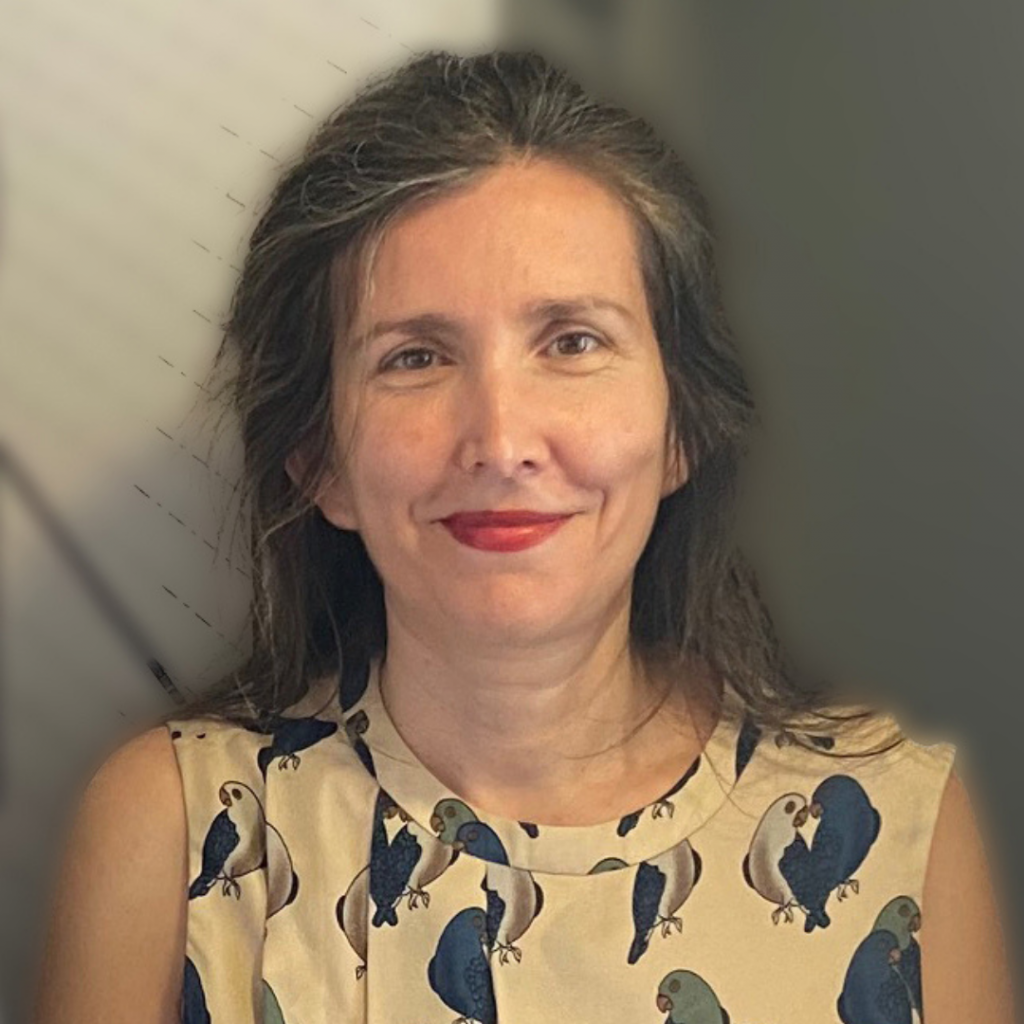
Teresa Sanchis, Institute for Bioengineering of Catalonia
PhD in Physics with a MSc in Leadership and Management of Science. 17+ years of experience in project management and strategy development of R&D organisations. Currently, Head of Strategy of the Institute for Bioengineering of Catalonia (IBEC). Responsible for the Art & Science programme of IBEC and Open Science Strategy of IBEC. Executive coordinator of the Spanish Platform for Nanomedicine. Passionate about science, technology, art, and what we can create together.
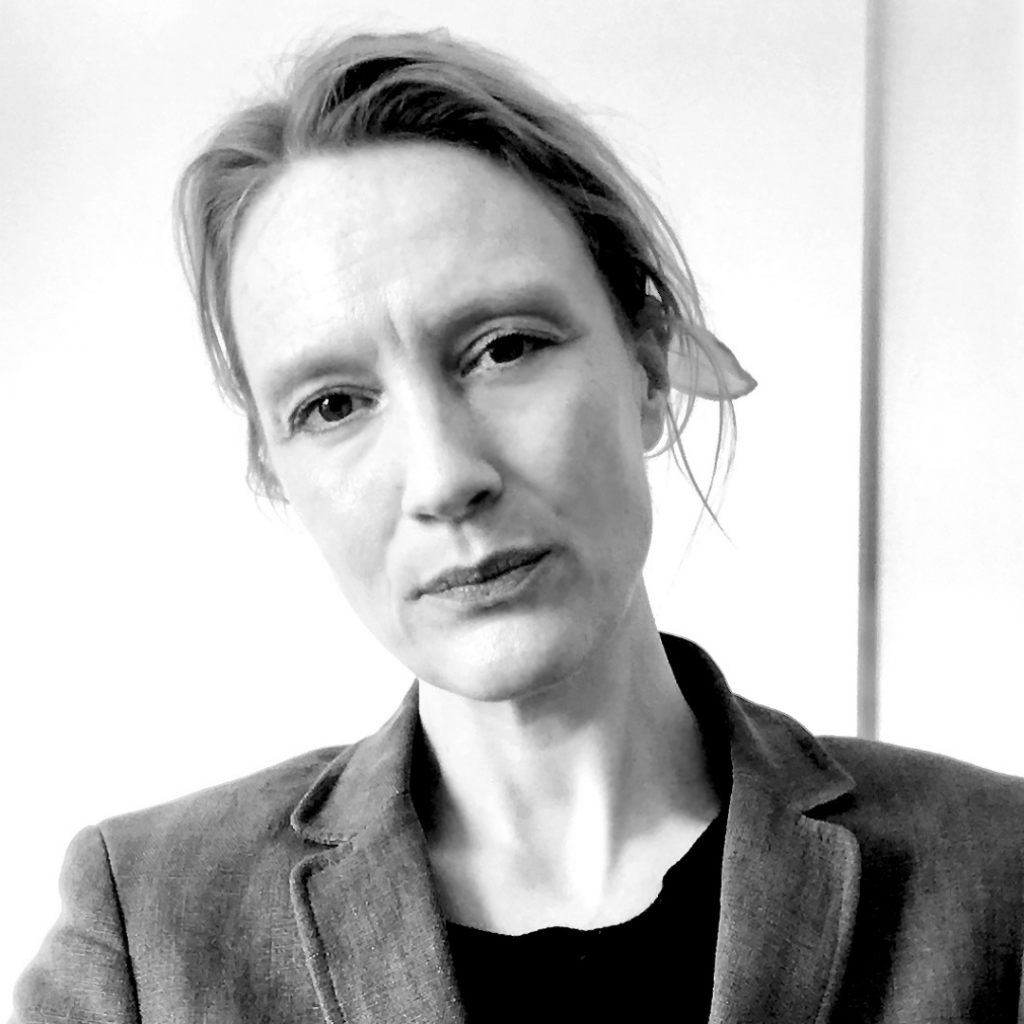
Gro Sarauw, Ghost Agency
Ghost Agency is a techno-social art and research practice founded in 2021 by Danish artist Gro Sarauw and Mexican media artist Anni Garza Lau. It focuses on using non-visibility and anonymity as tools to advocate for human rights amid Surveillance Capitalism. The project is currently sustained as a ‘micro institute’ at Art Hub Copenhagen, the Nordic Culture Fund and the Danish Arts Foundation.
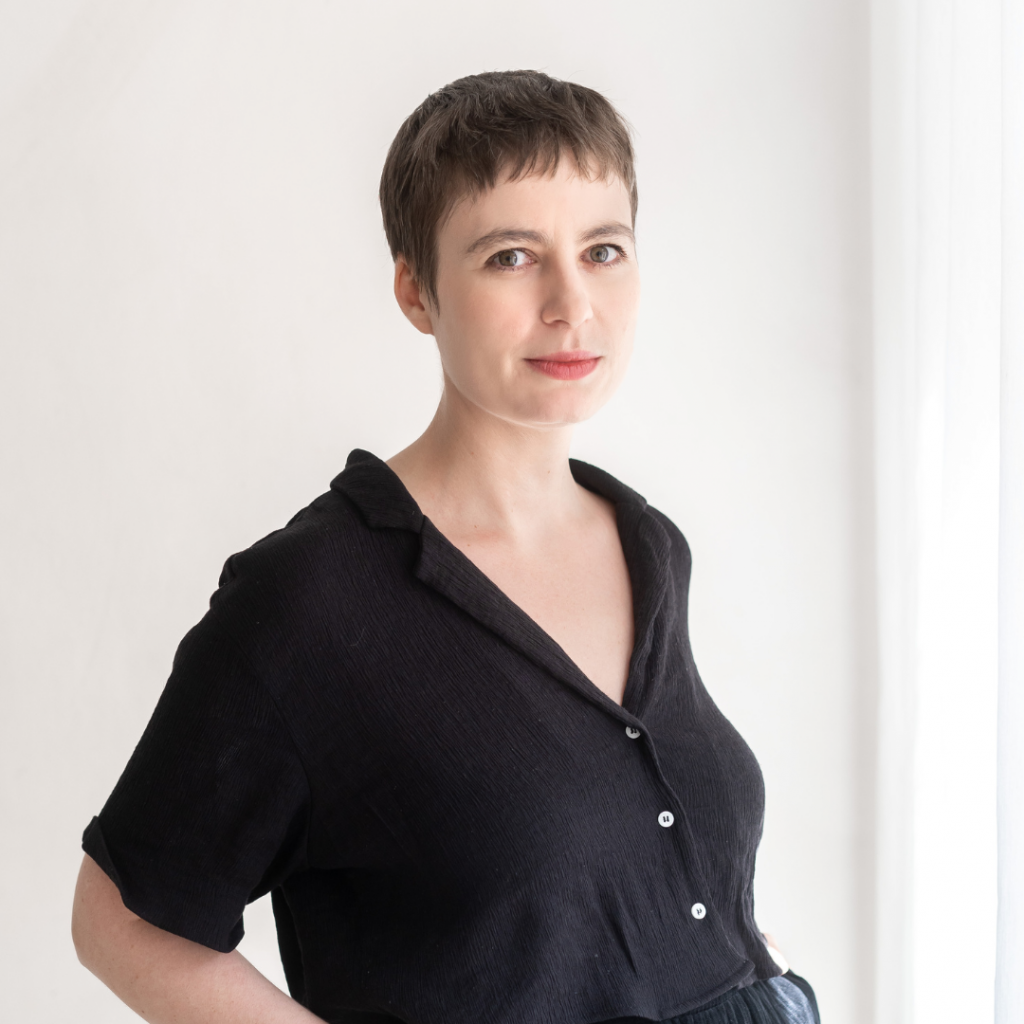
Lucia Sommerer, Halle University (Germany) & Yale ISP
Lucia Sommerer is a German-American legal scholar specializing in the intersection of law, art, and environmental issues. Based in Berlin (Germany) and New Haven (USA), she founded Germany’s first Research Institute for Green Criminology and is an affiliated fellow at Yale Law School. She co-hosts the Beyond-Law-Salon in Berlin, merging law and art, and is a member of “KollektivimFenster,” which develops interdisciplinary theater projects exploring these themes.
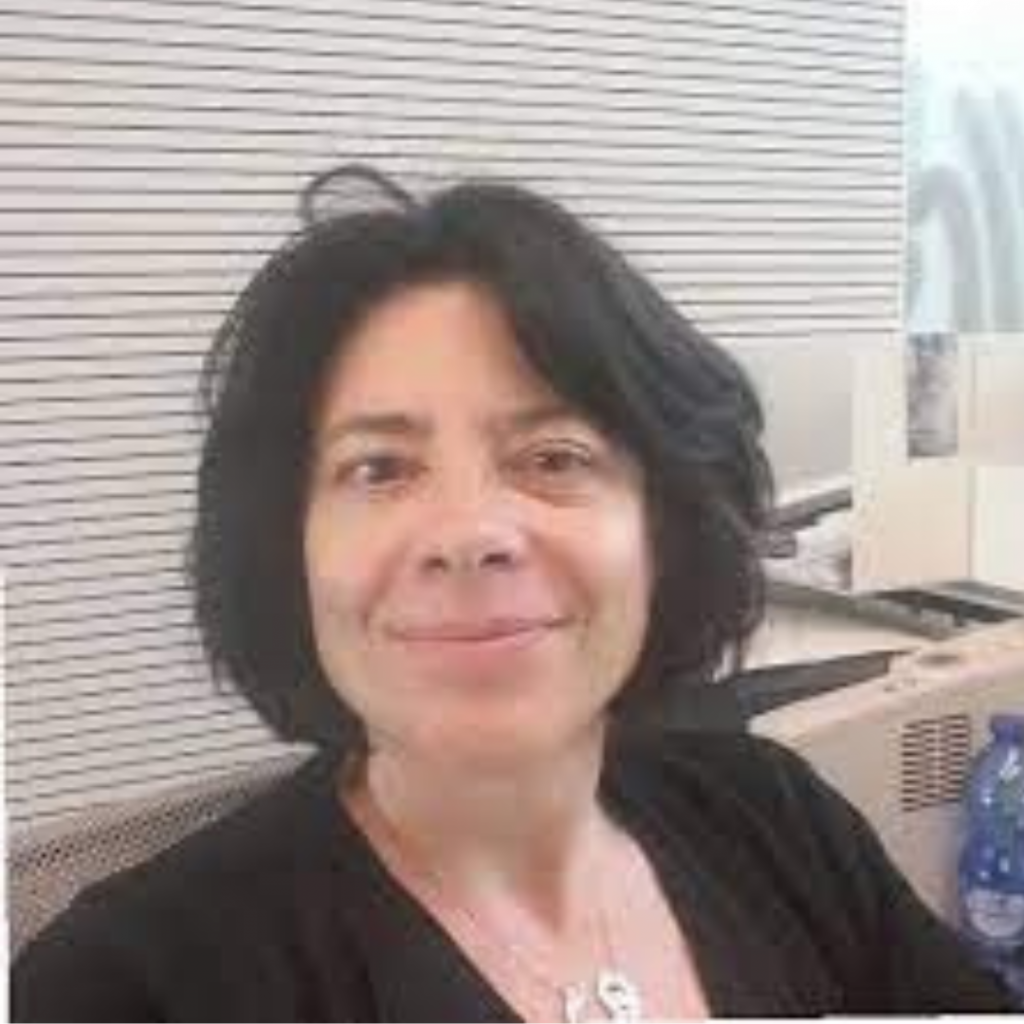
Stefania Tamborini, Head of Communication and Cultural Enterprises at DG Culture (Regione Lombardia)
Stefania Tamborini is head of the office that deals with cultural activities, communication, cultural and creative industries, european projects and funding at Directorate-General for Culture in Lombardy Regional Government since 2021. She has studied and worked mostly in the area of public communication. Graduated in mass communication at University of Bologna, she achieved a master degree in digital communication at Politecnico of Milan in 2019. In Lombardy Regional Government she, previously, oversaw institutional communication plans and strategies and managed projects to promote high-quality agricultural goods and tourism. Finally, she has extensive experience teaching public and social communication in both universities and adult education programs.
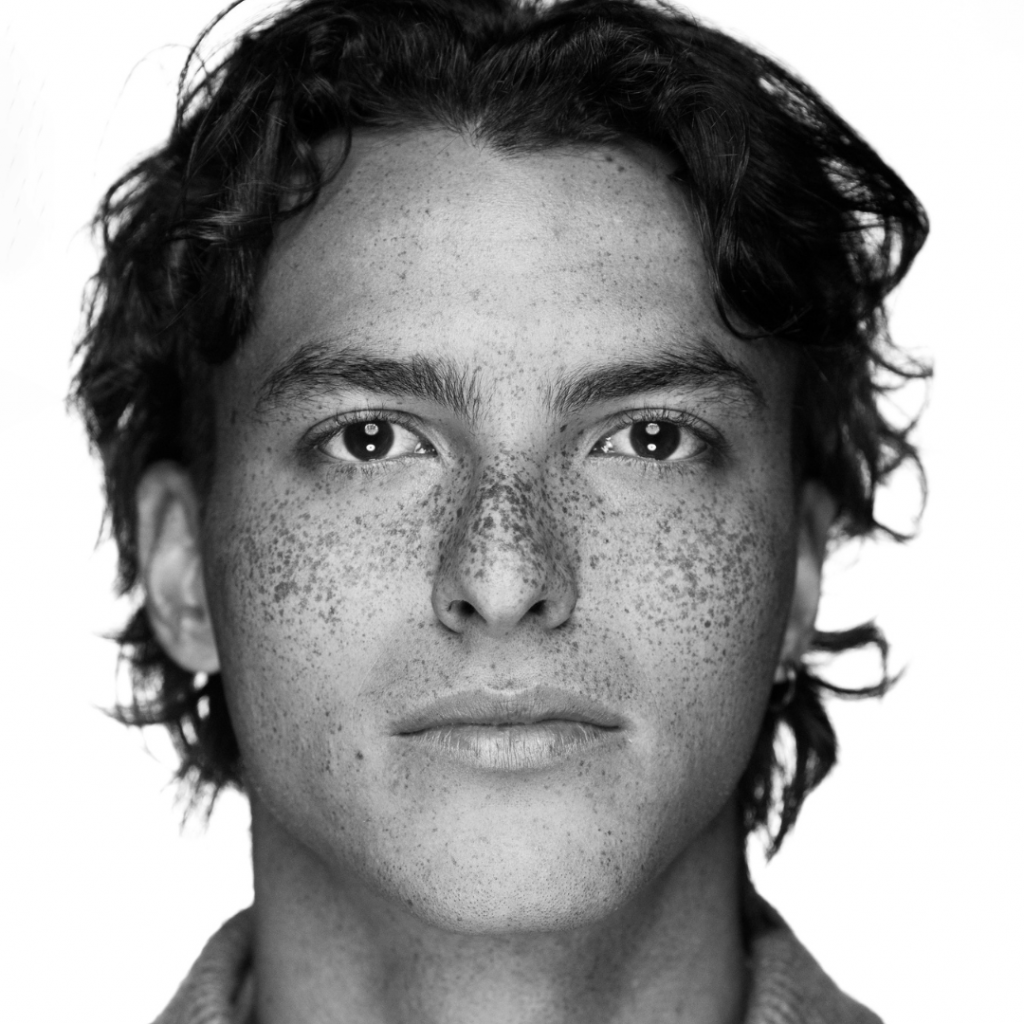
Maxim Velli, Learning Planet Institute, Paris
Maxim Velli and Lola Kengen combine their backgrounds in biodesign, politics, and climate education to tackle the reflexive impotence of their generation. Their “Solarpunk Manifesto” podcast explores how solarpunk ideals can inspire shifts in thinking and practice, particularly at the intersection of innovation and sustainability. In response to the crises of political representation and societal exhaustion, they advocate for radical hope as the driving force for more just and desirable futures.
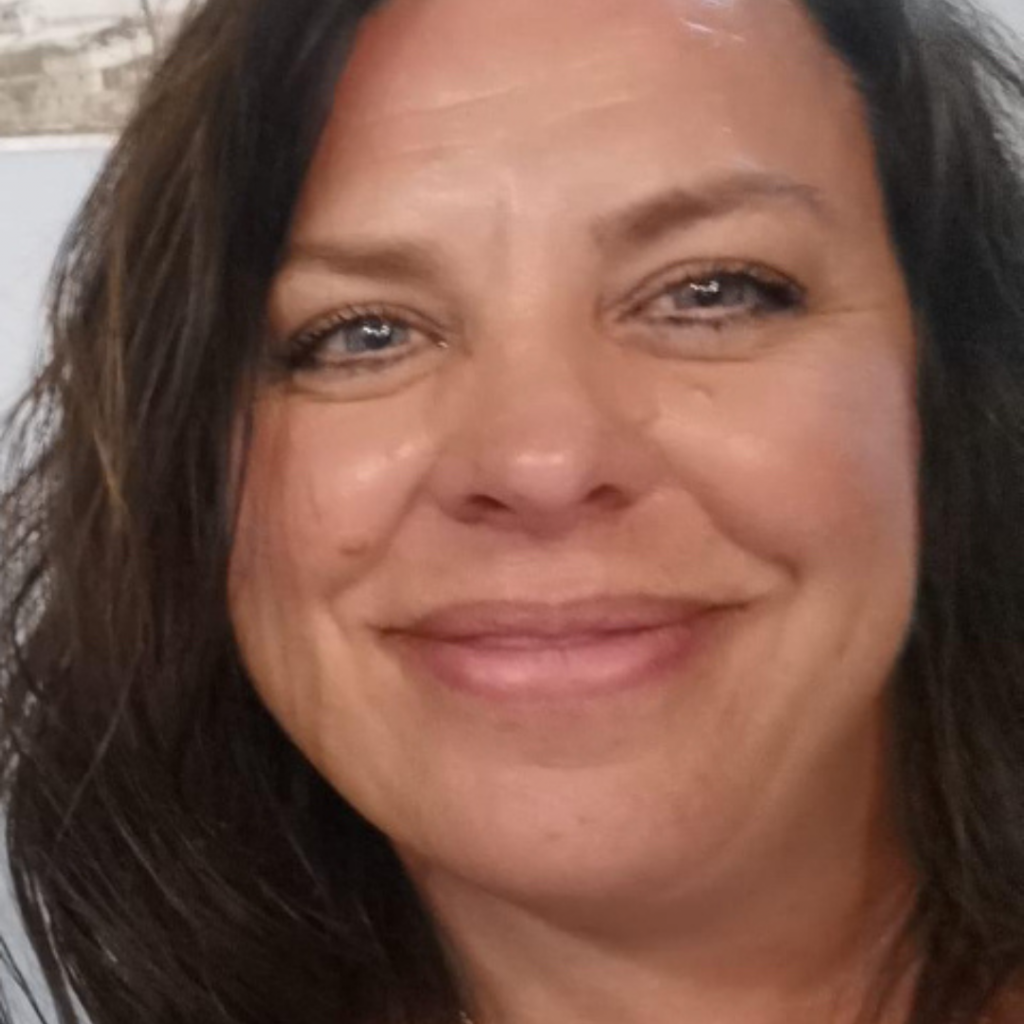
Lucy Watkins, The University of the West of England (UWE)
Lucy Watkins is an Associate Director at a British University, responsible for strategic oversight of a cluster of health programmes. I am a registered Mental Health Nurse and Academic. My previous portfolio was Simulation for Health Professionals and I have introduced virtual and immersive reality into these programmes over the last few years, to help develop a deeper understanding of the needs of people with health conditions.
S+T+ARTS in the City Symposium is kindly supported by the Generalitat de Catalunya.
With the collaboration of Fundación Española para la Ciencia y la Tecnología – Ministerio de Ciencia, Innovación y Universidades.


Co-organized by:
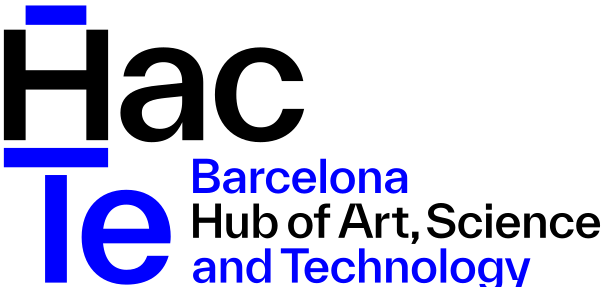
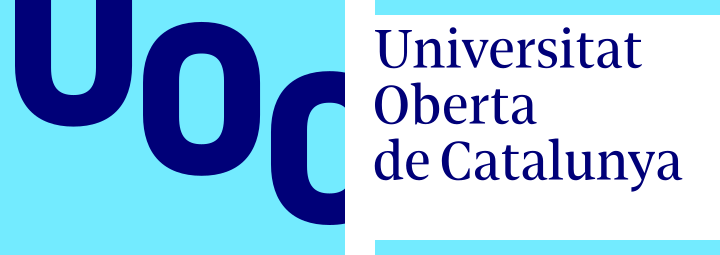
S+T+ARTS in the City is funded by the European Union under grant agreement LC-01984766 under the STARTS – Science, Technology and Arts initiative of DG CNECT. Views and opinions expressed are those of the author(s) only and do not necessarily reflect those of the European Union or DG CNECT. Neither the European Union nor the granting authority can be held responsible for them.



